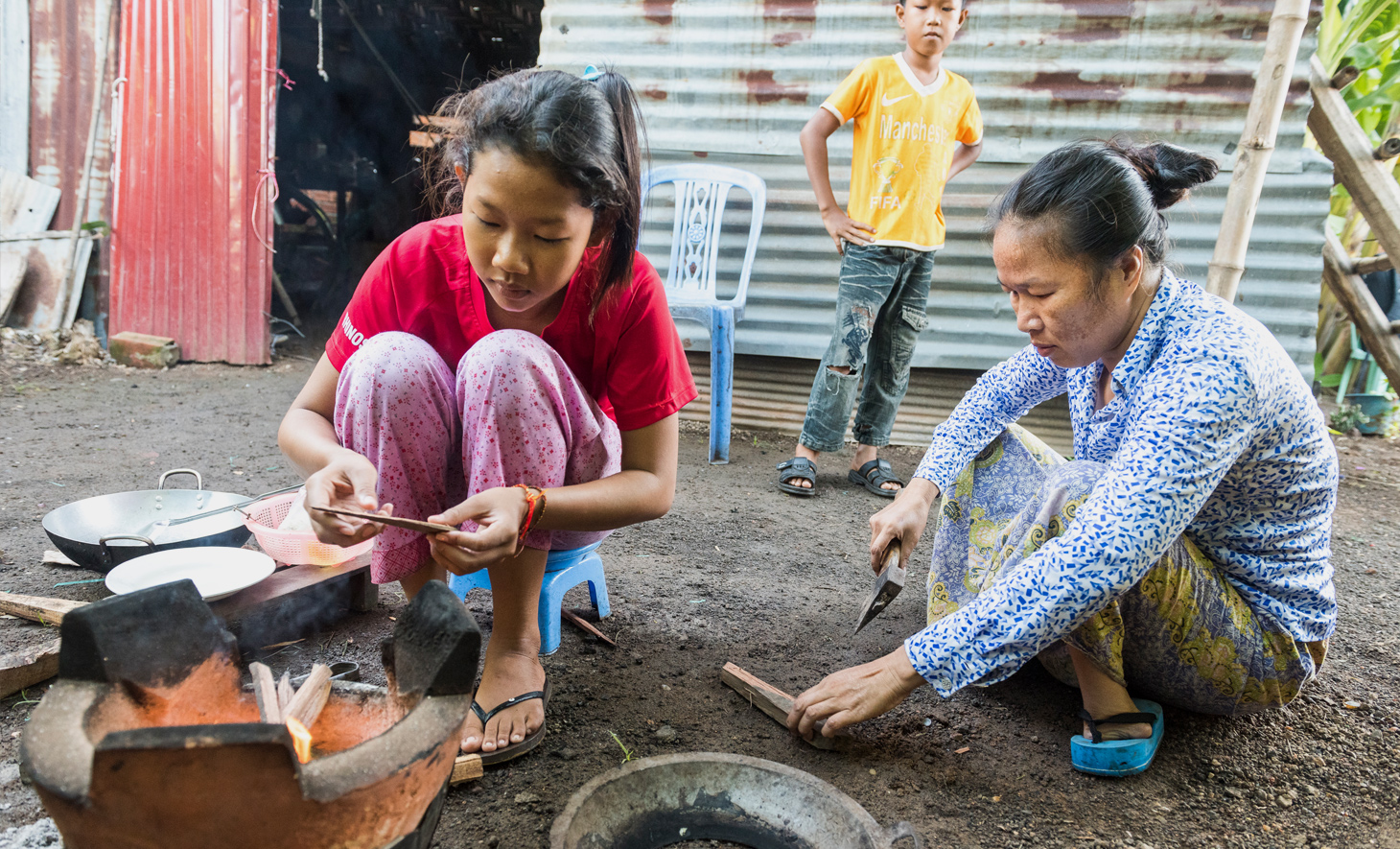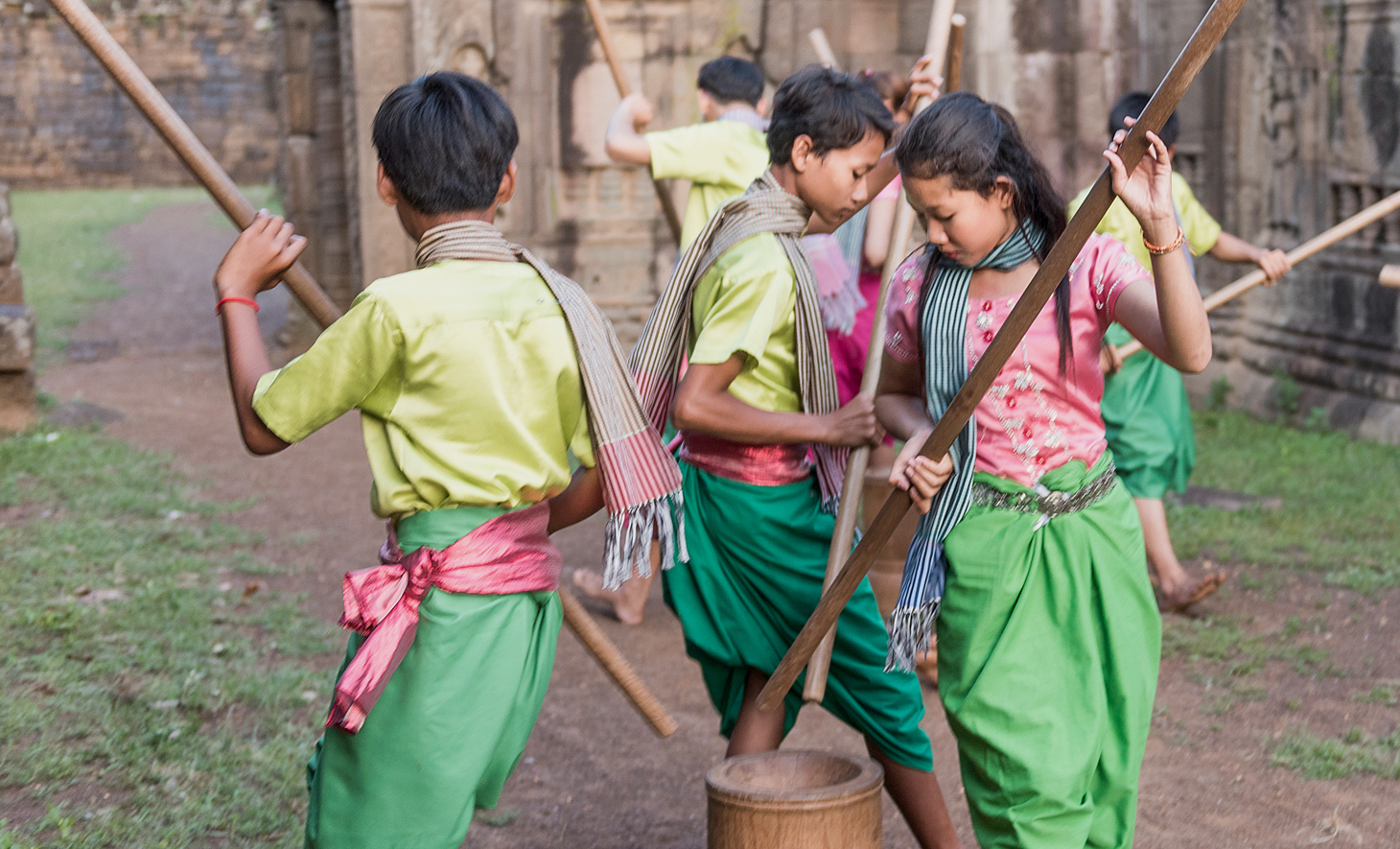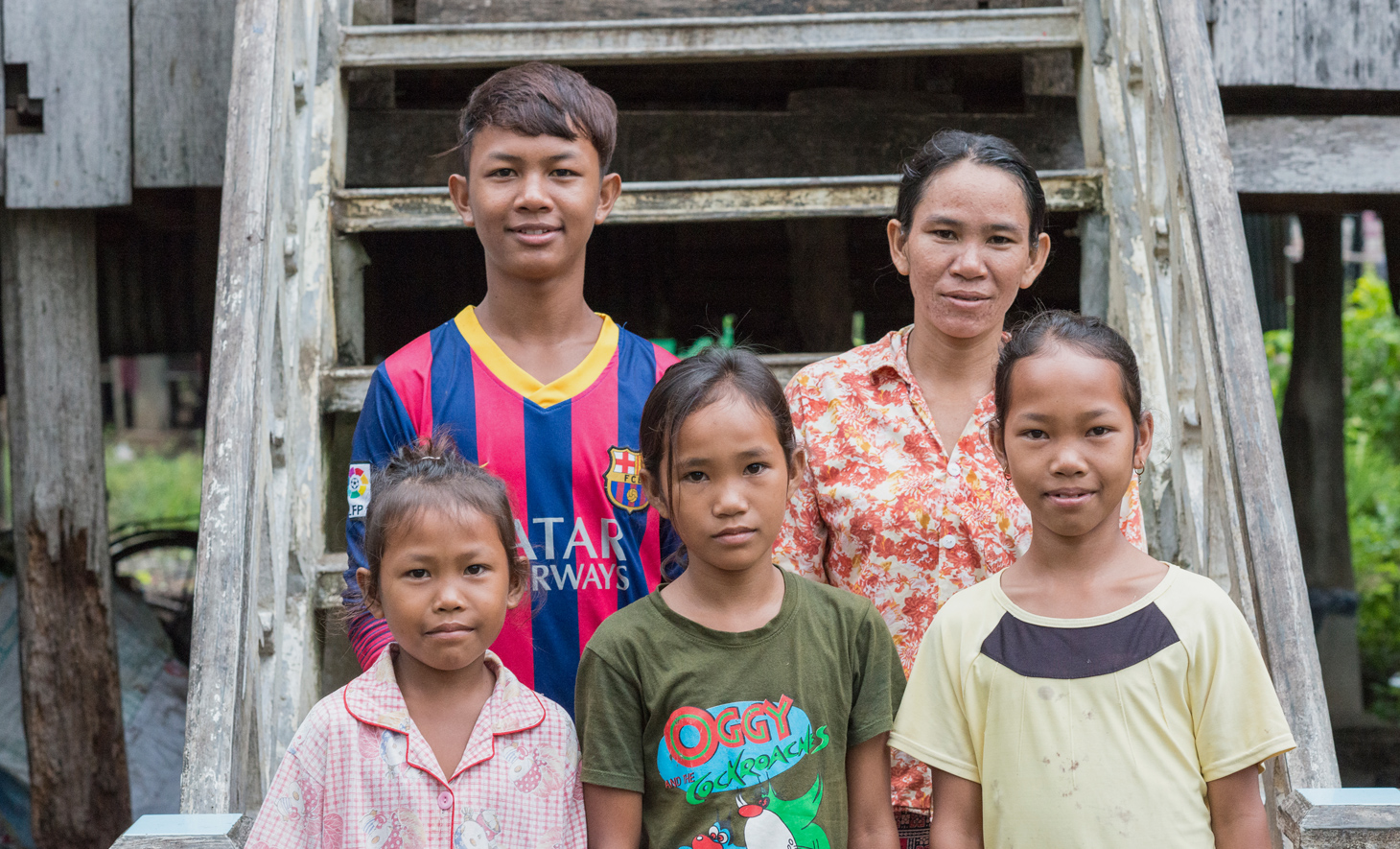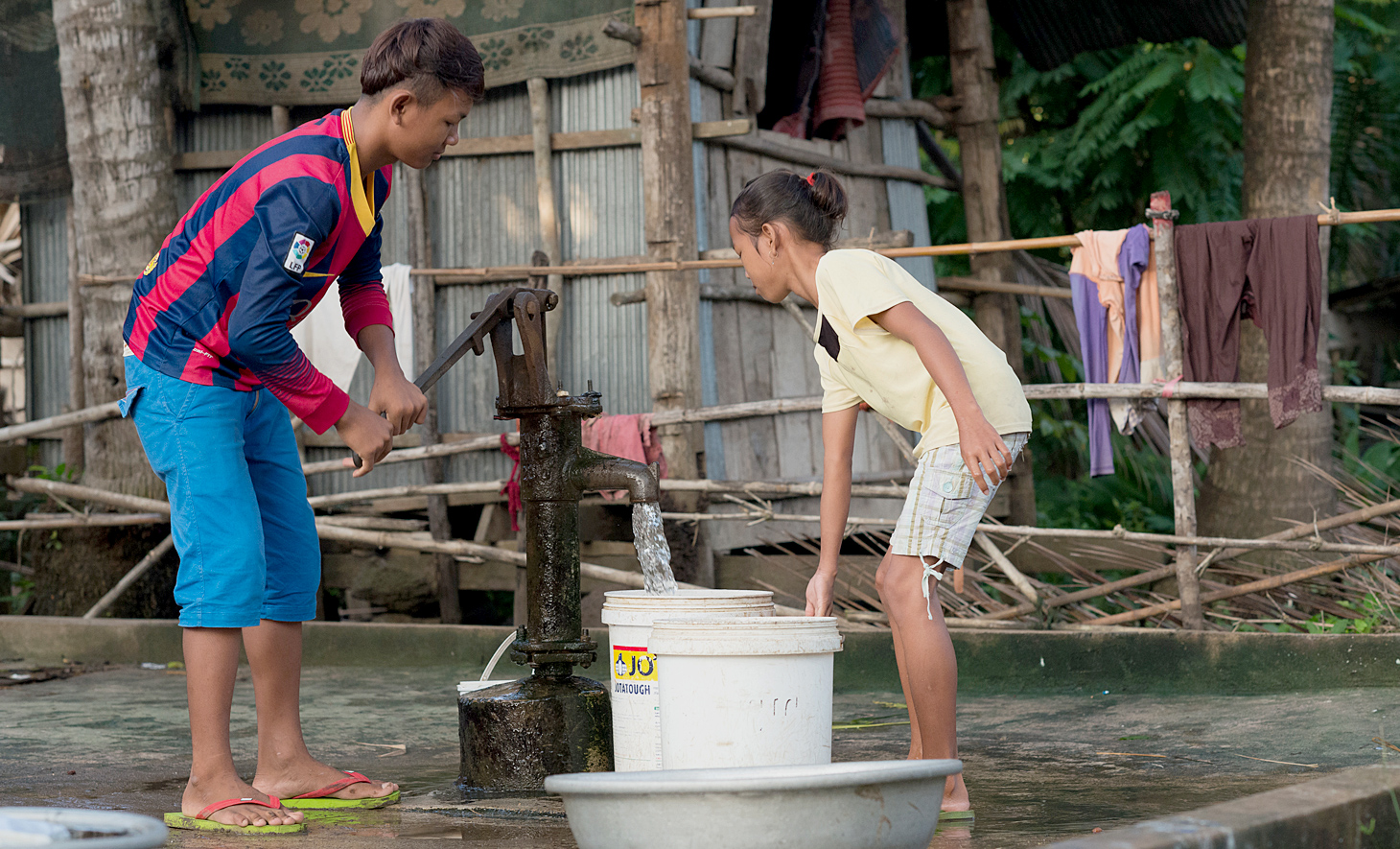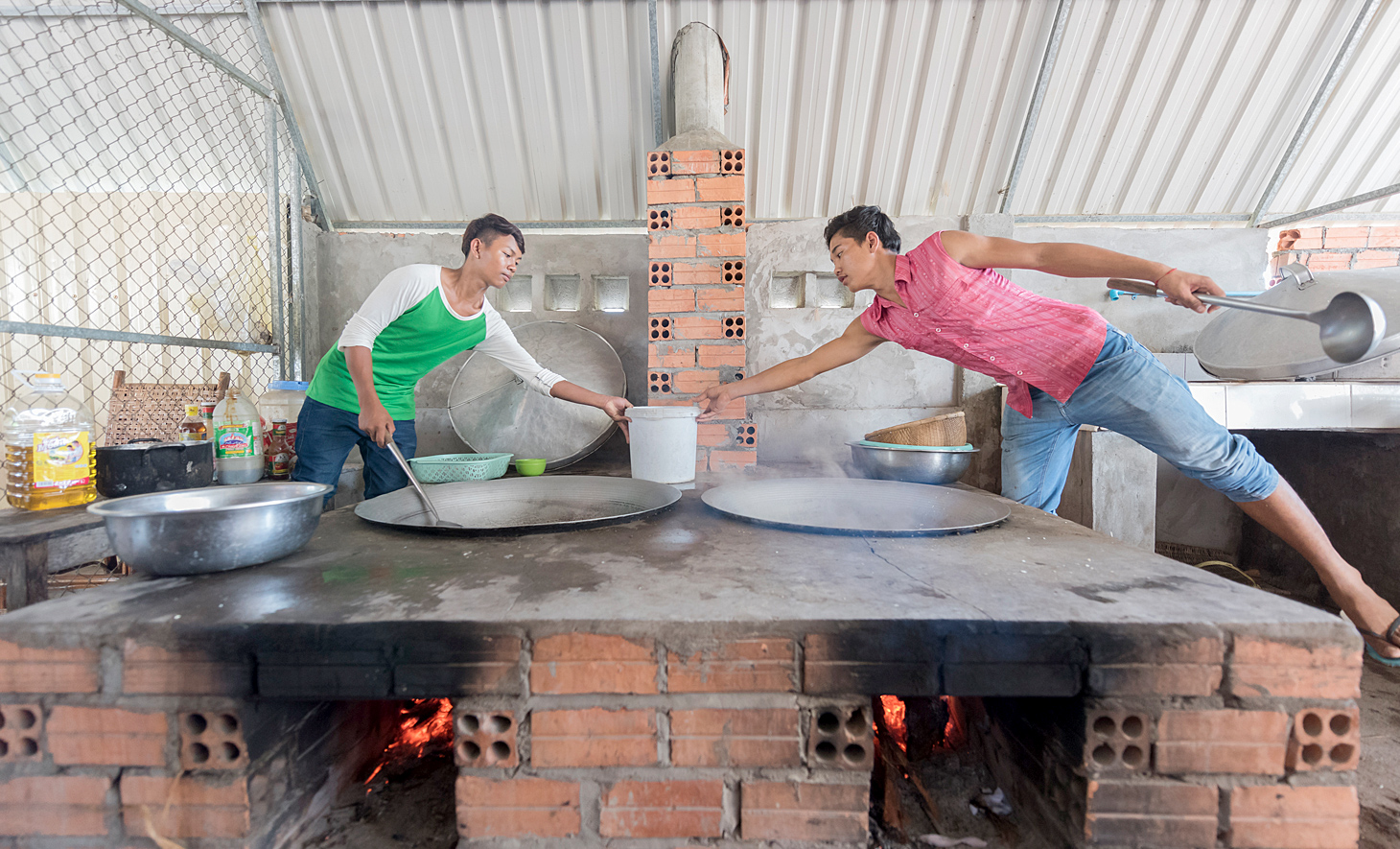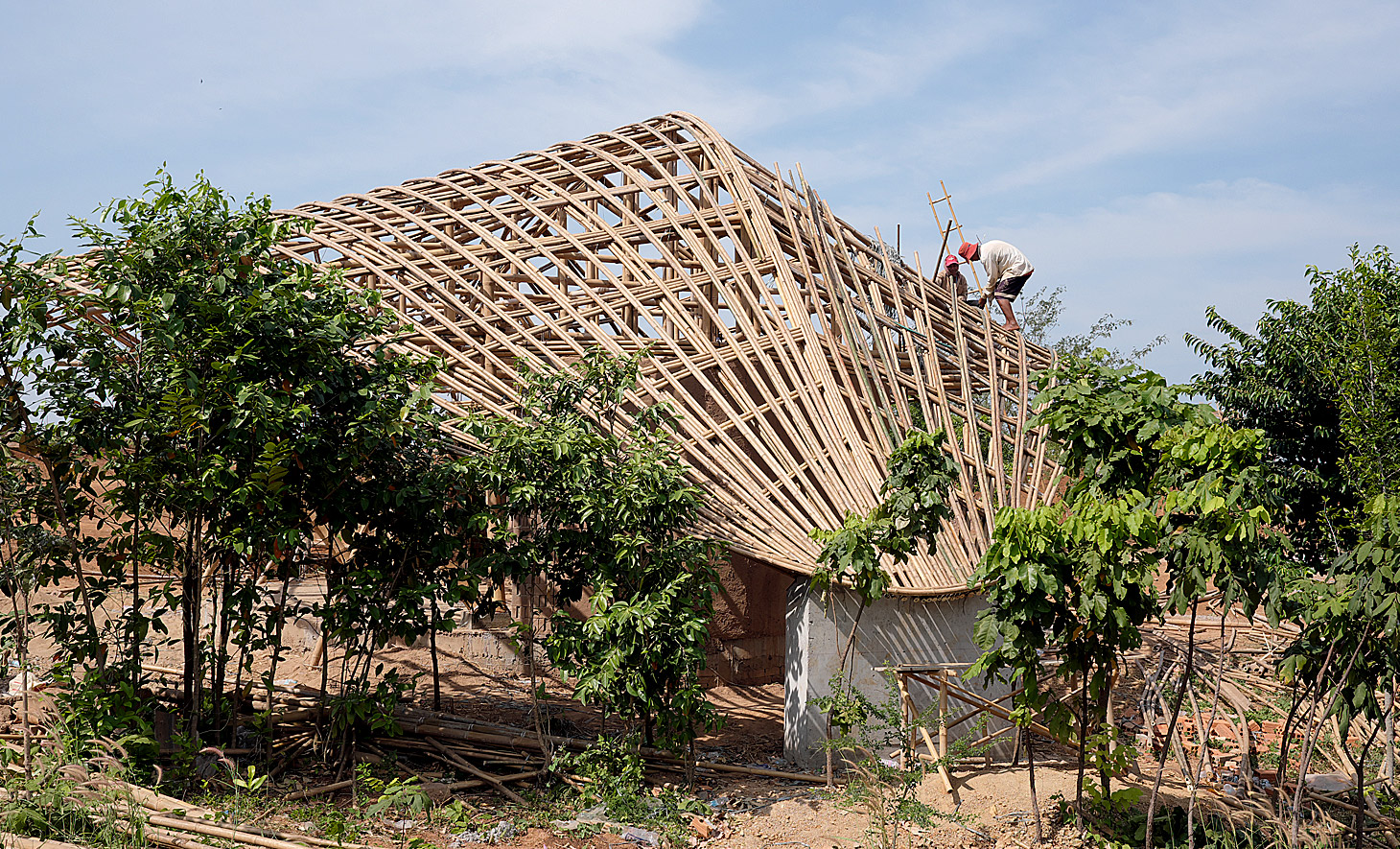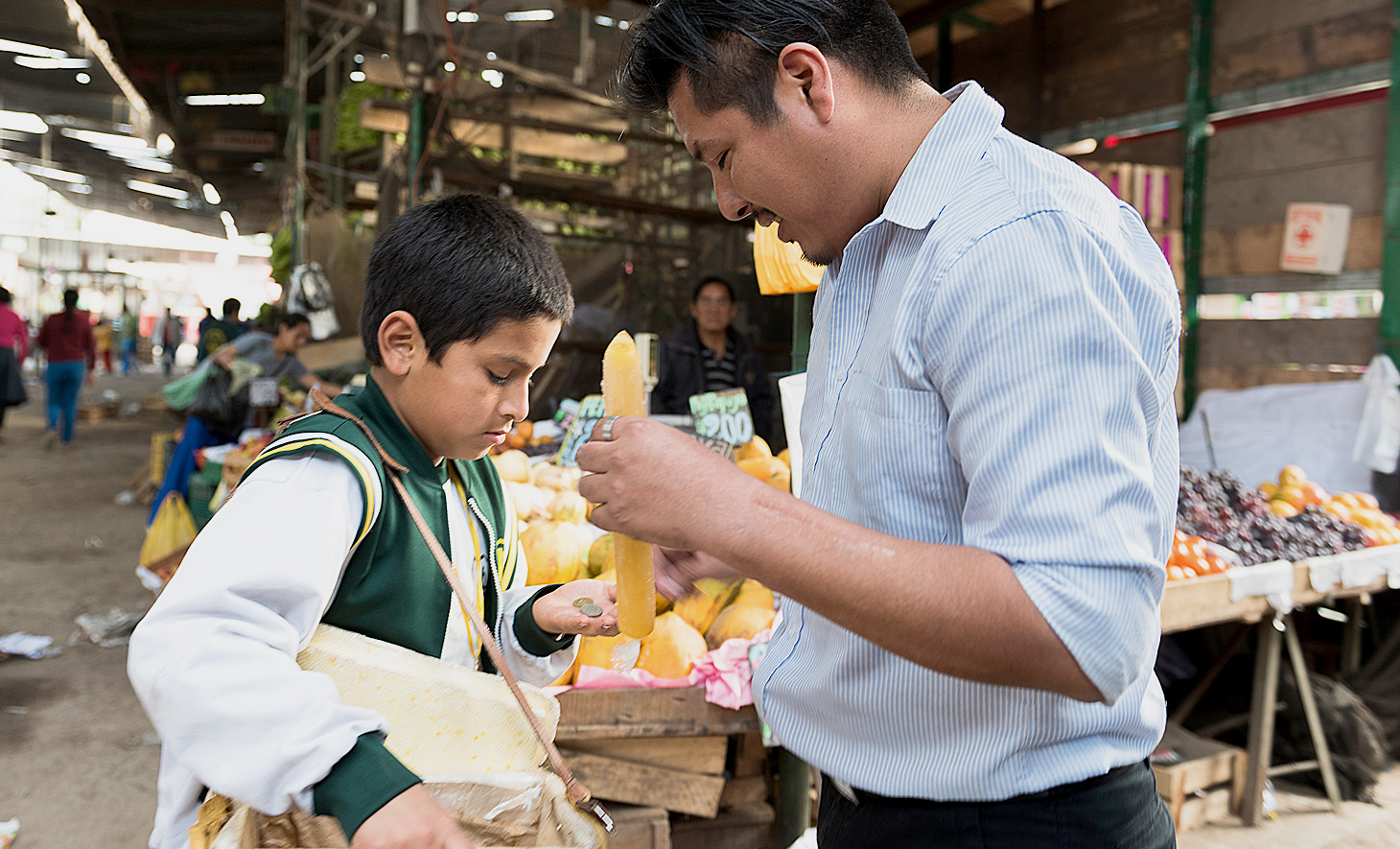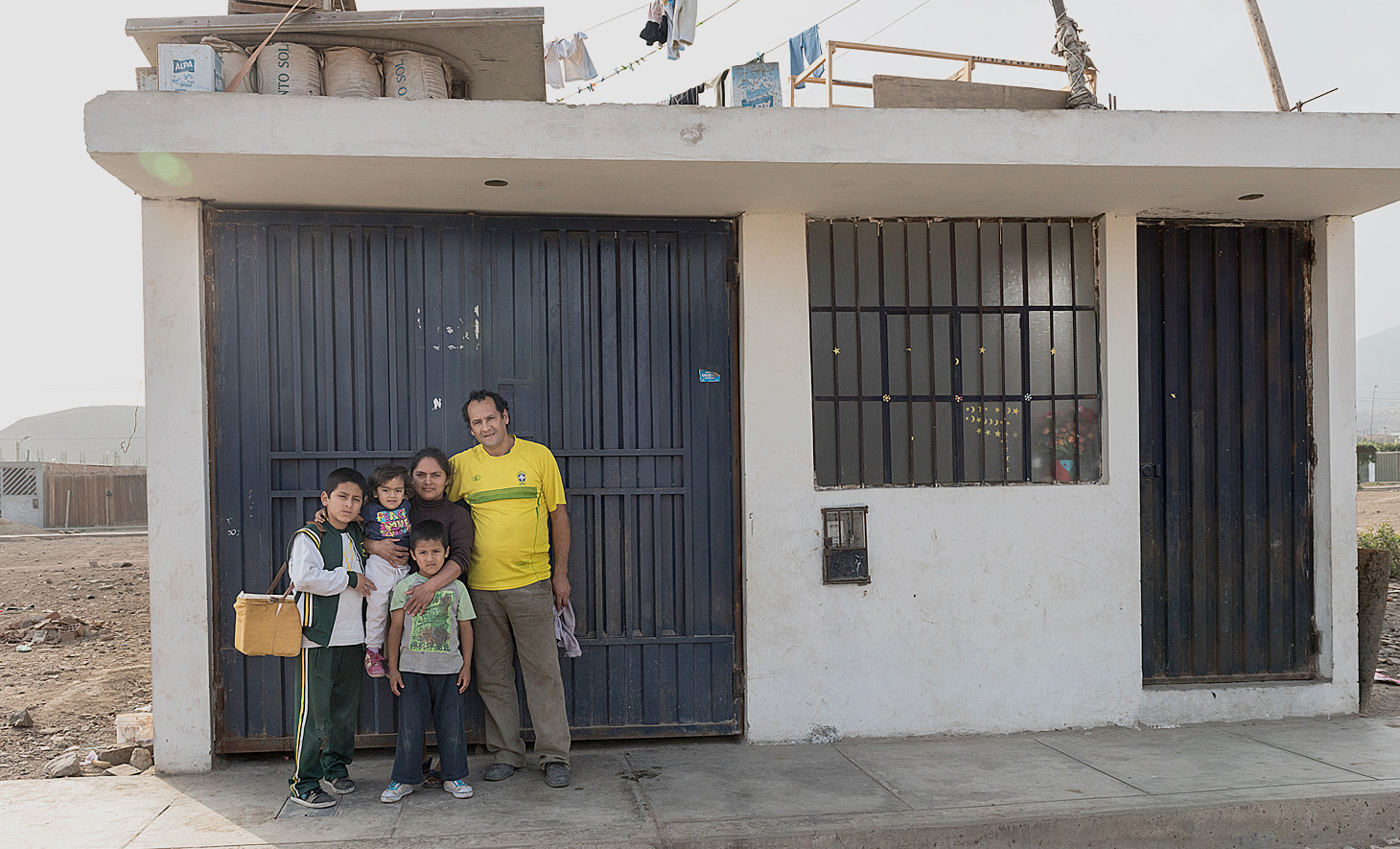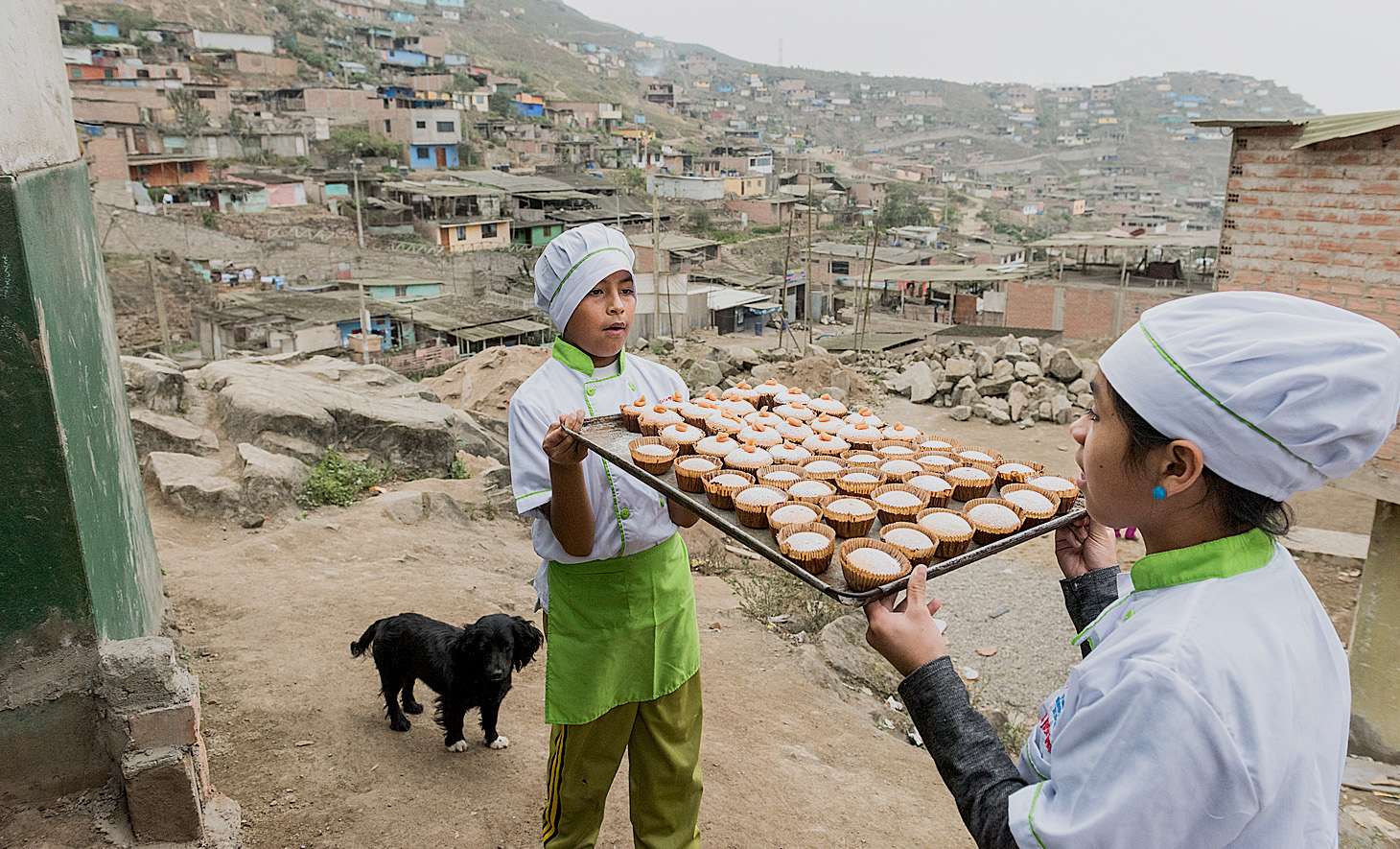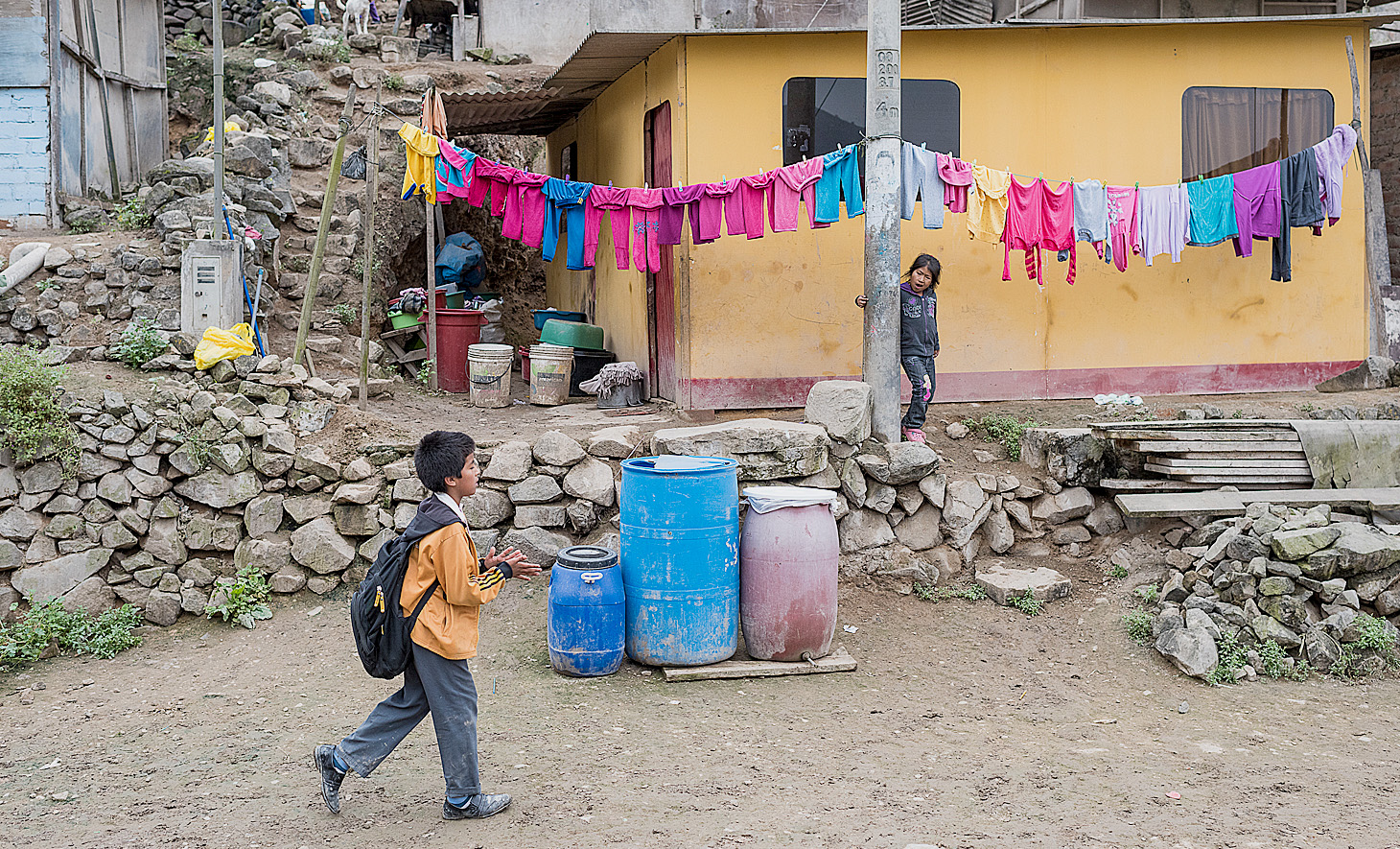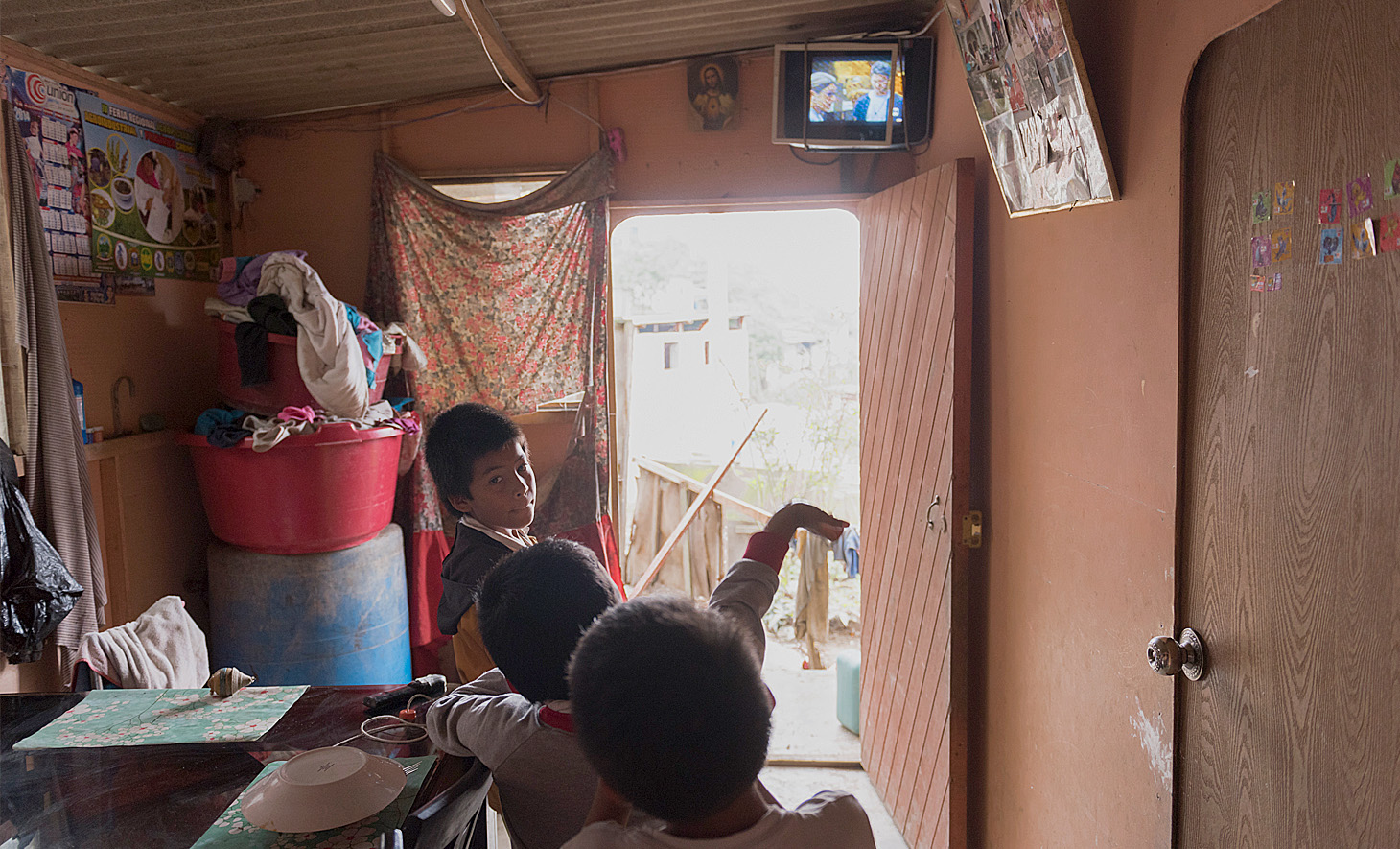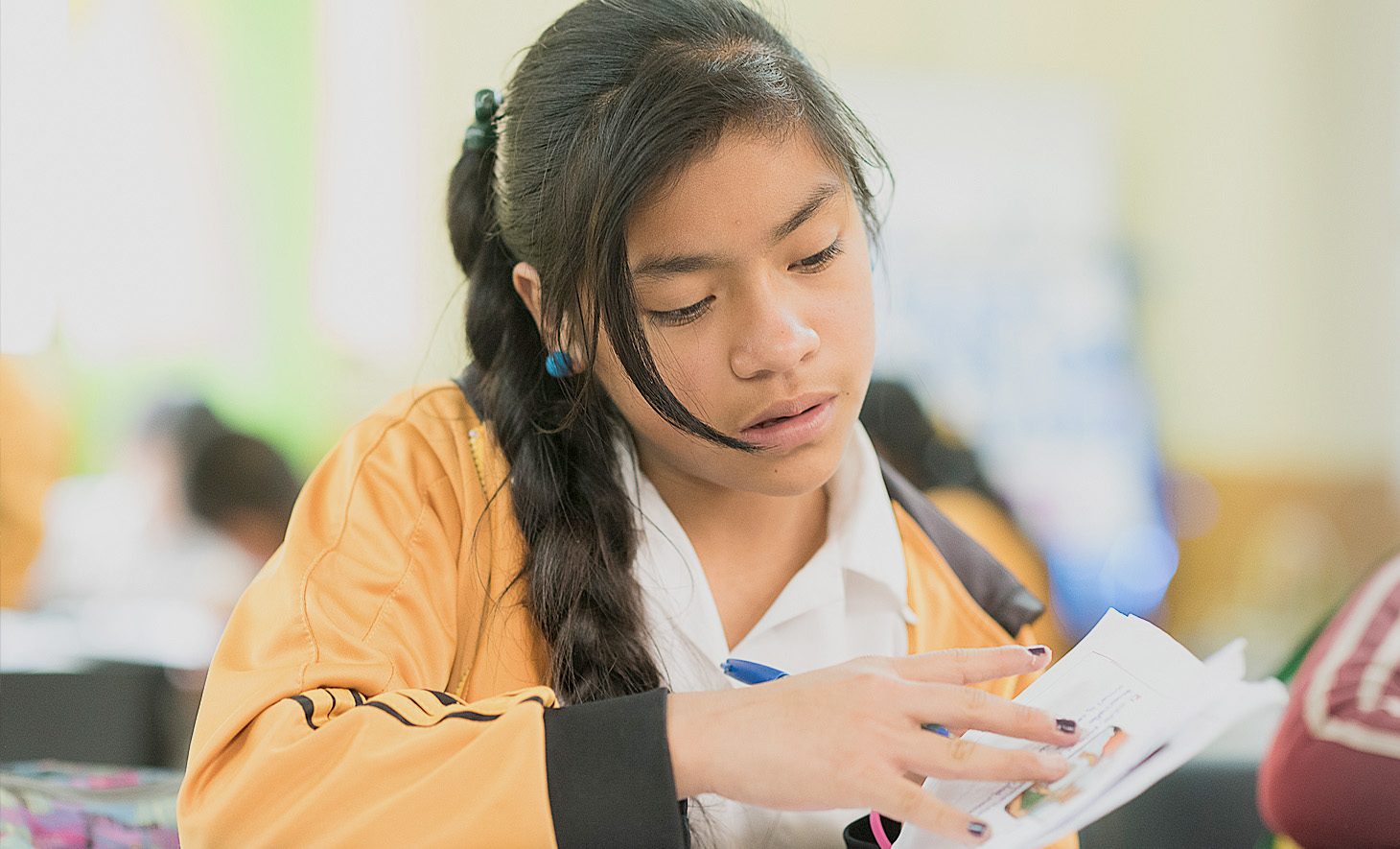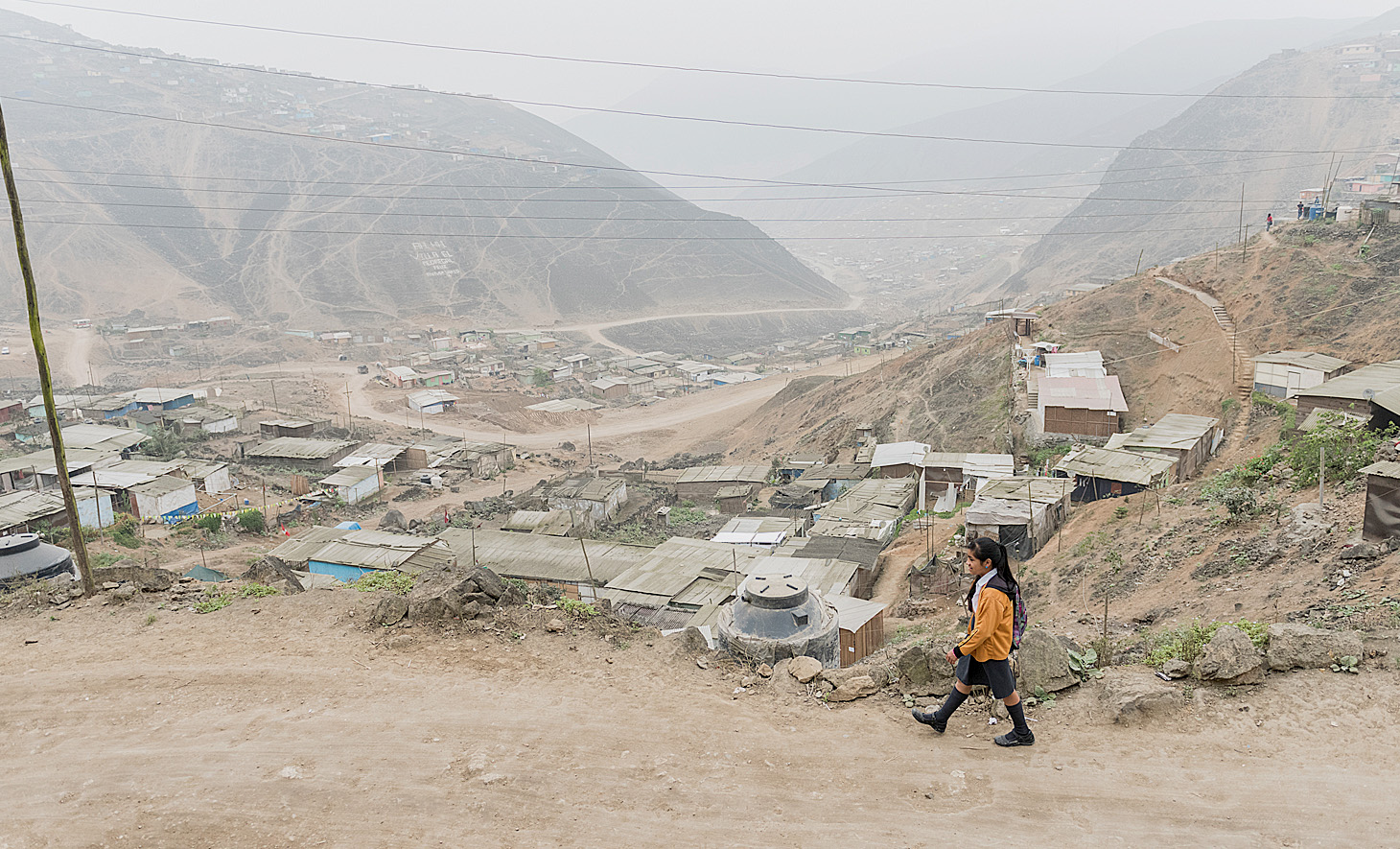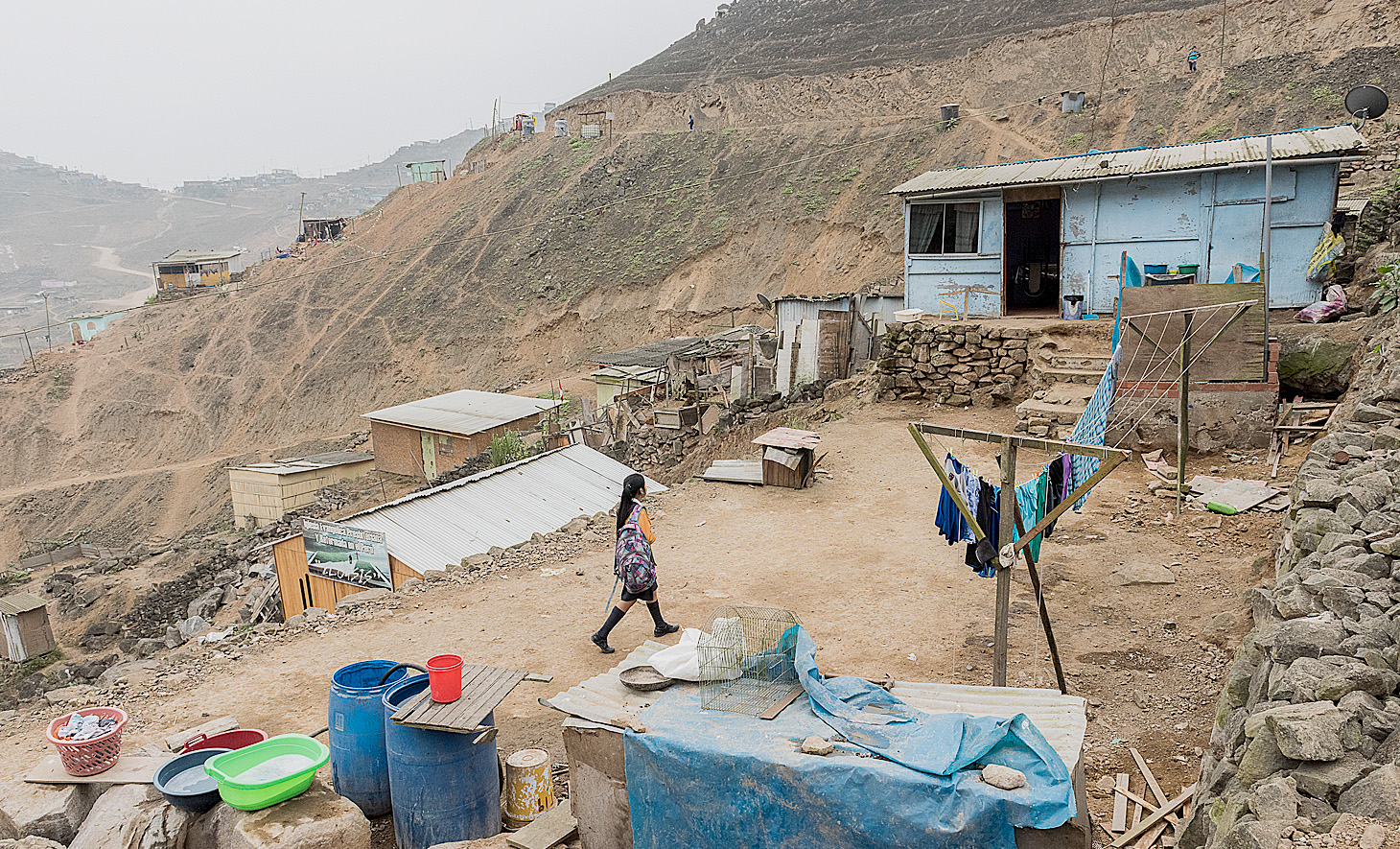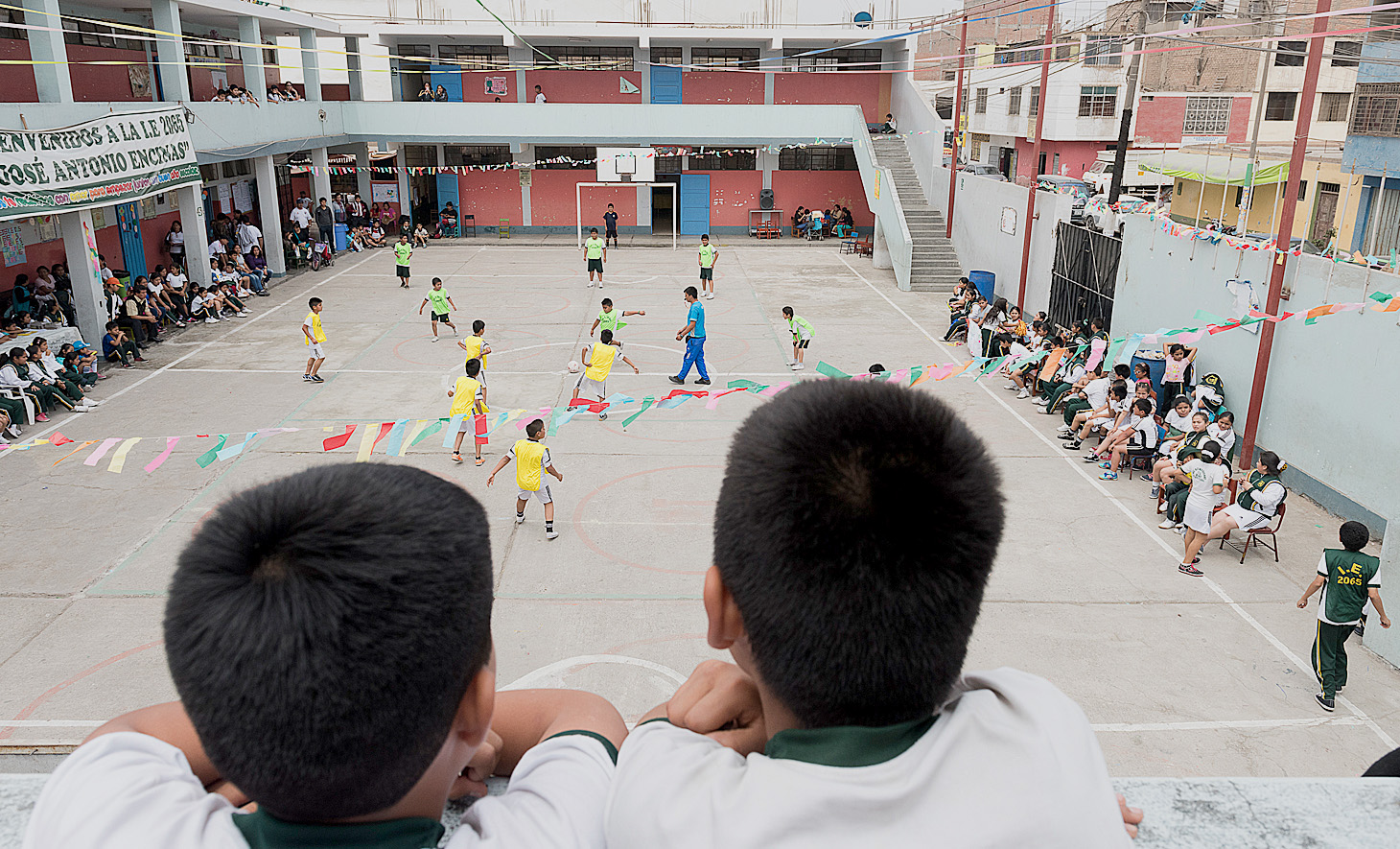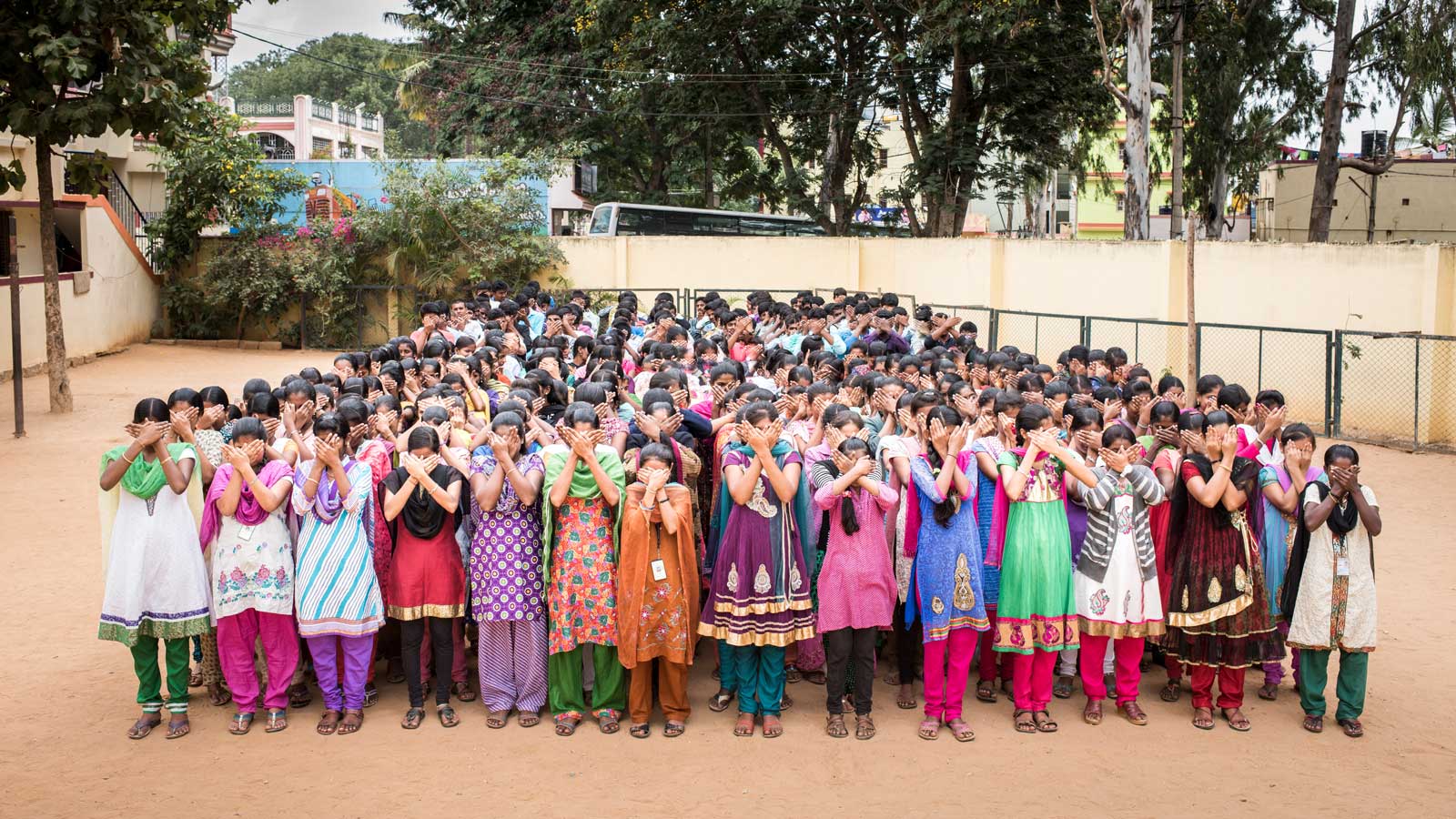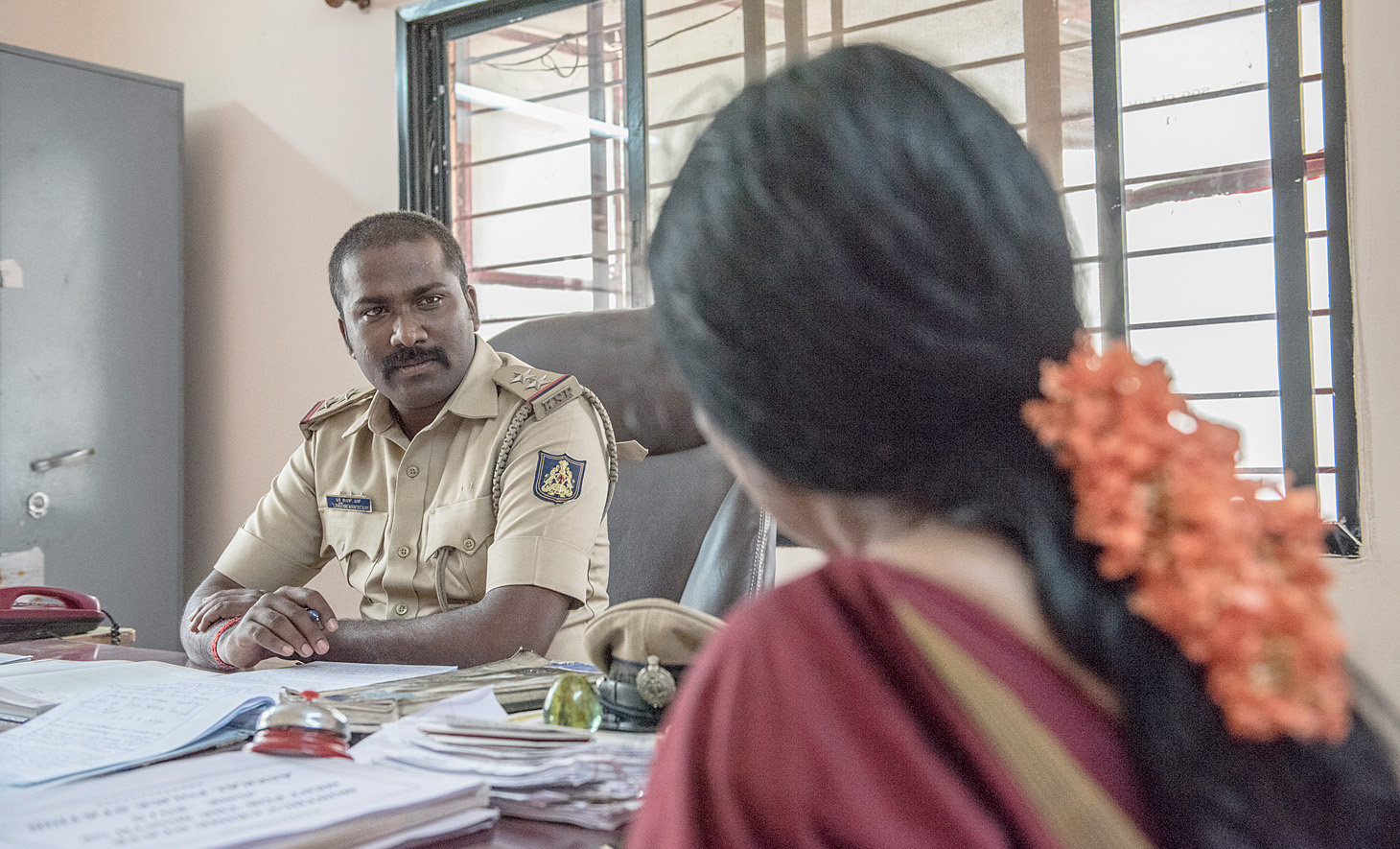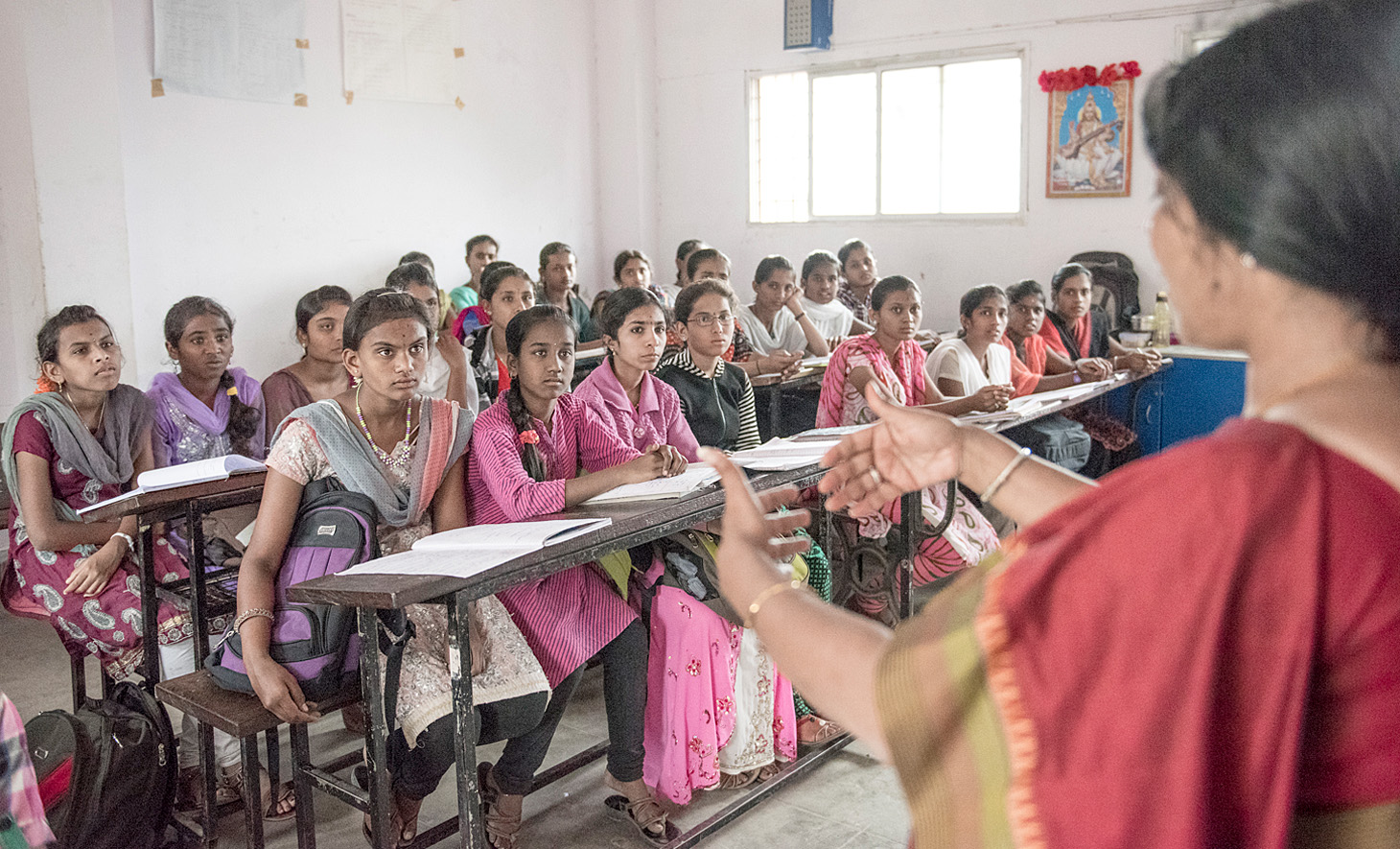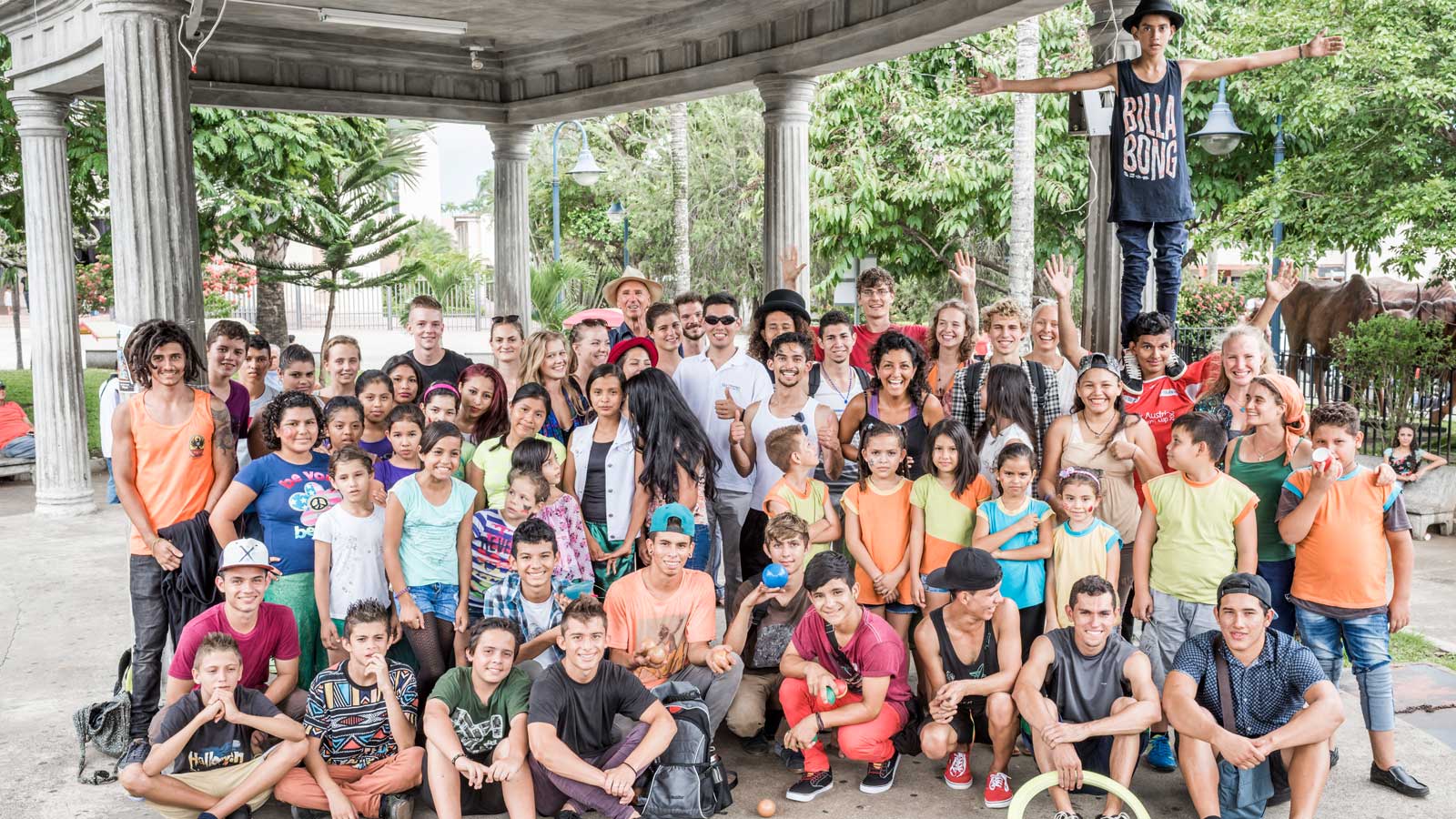
From the street to the stage
CIRCO FANTAZZTICO, a circus project
Circo Fantazztico, a social project, offers socially endangered children and young people from poor districts of San Isidro, Costa Rica, leisure-time activities and an alternative to gang crime. The circus project gives them a new perspective in a difficult social environment. It provides the participants with a social community and a safe space and allows them to spend their free time in a meaningful, positive and healthy way. The Circo offers weekly courses for more than 200 children and young people where they are taught artistic skills in different age groups. The training courses are offered by volunteers and former artists. The individual needs of every single child are considered and their individual strengths are taken as a basis to build upon. In this photo report the every-day life of two young artists is depicted.
Photos Christian Jaeggi
Photo report about the project in Costa Rica
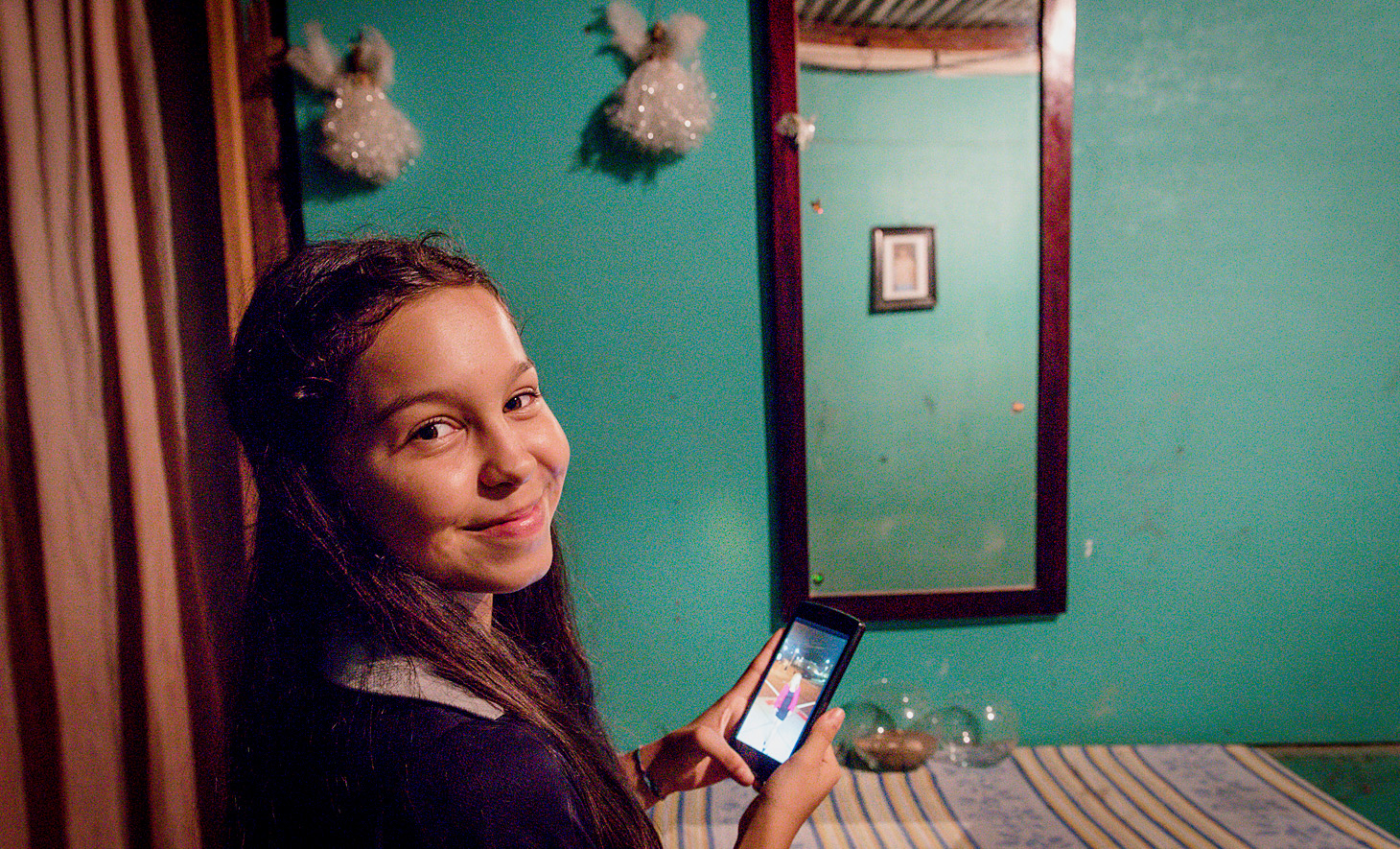
Jennifer’s (16 years old) mother works and lives in the USA and sends money home regularly, so that her daughter can sometimes buy herself things that other people in her environment can hardly afford. The wireless in the house enables Jennifer to keep in touch with her mother. She has the only picture of her mother on her smartphone.
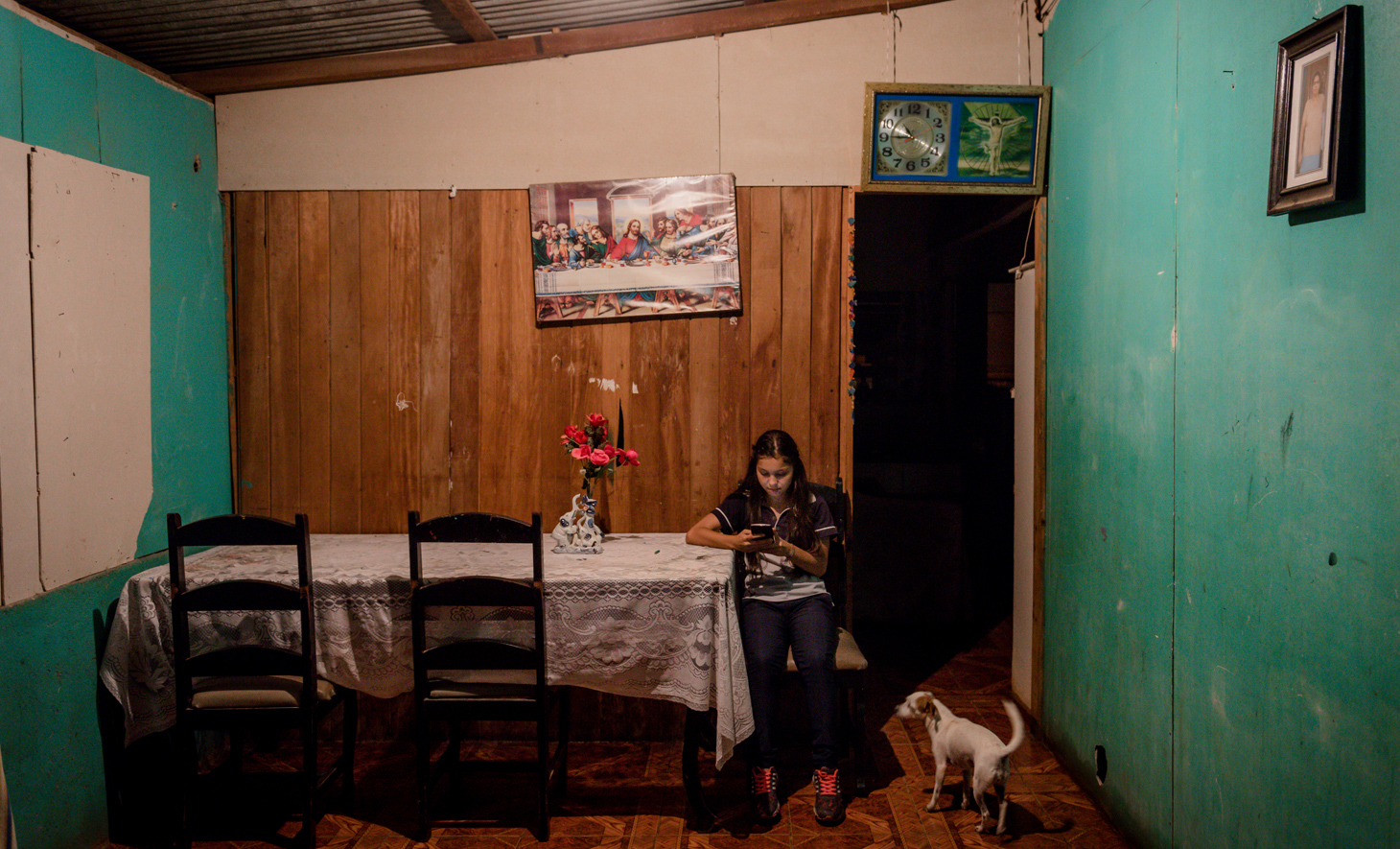
The flat is furnished with only few belongings. On the right wall hangs a picture of the grandmother who raised Jennifer and her siblings. She died a few years ago.
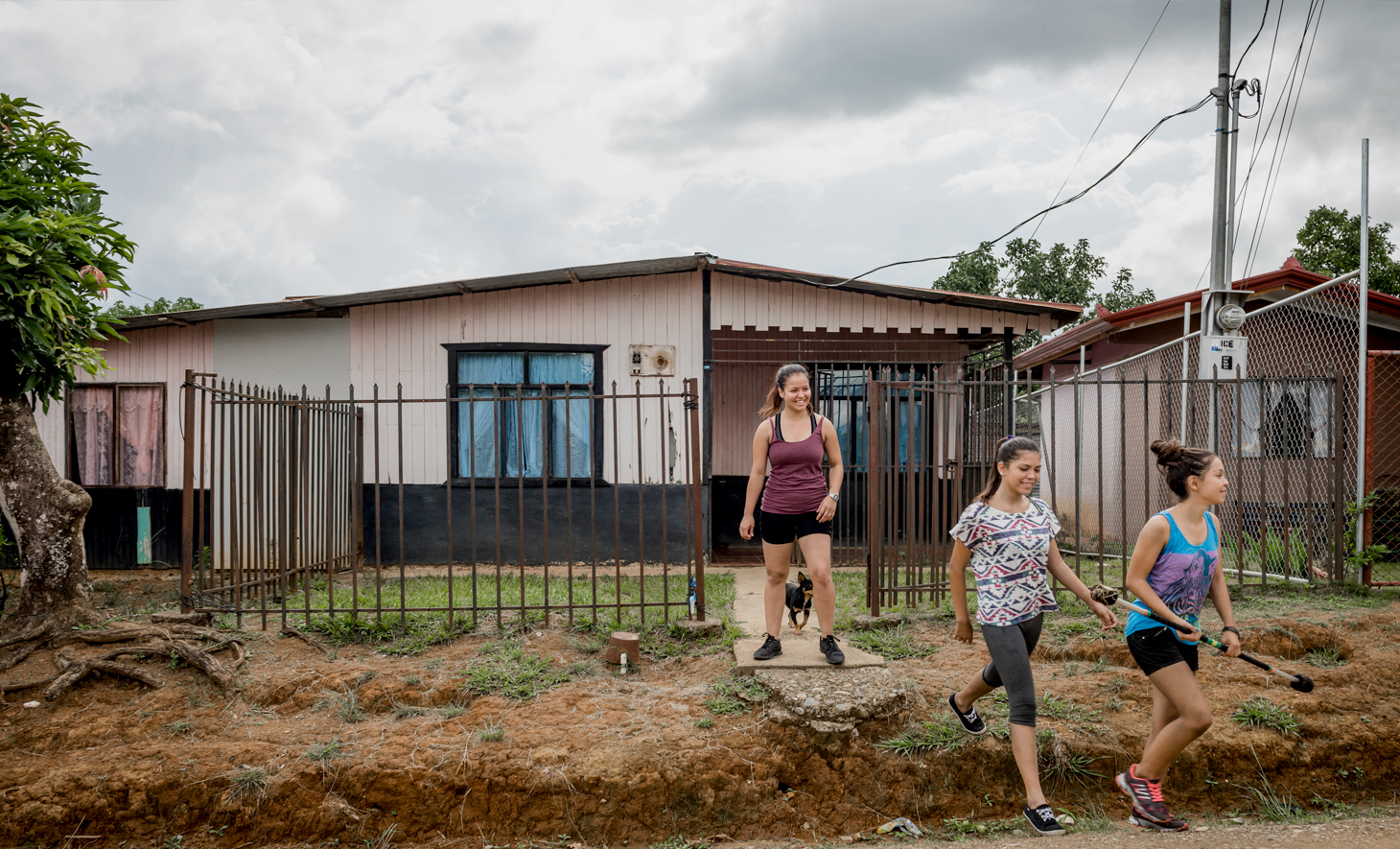
After the grandmother’s death the siblings were looked after by an aunt who lives next door. The eldest brother was in prison in San José for three years and has been missing since. When Jennifer was two years old, her mother went to the USA without a legal permit. Recently Jennifer has learned that her mother somehow managed to get a visitor permit for her. That would allow a reunion after a very long time.
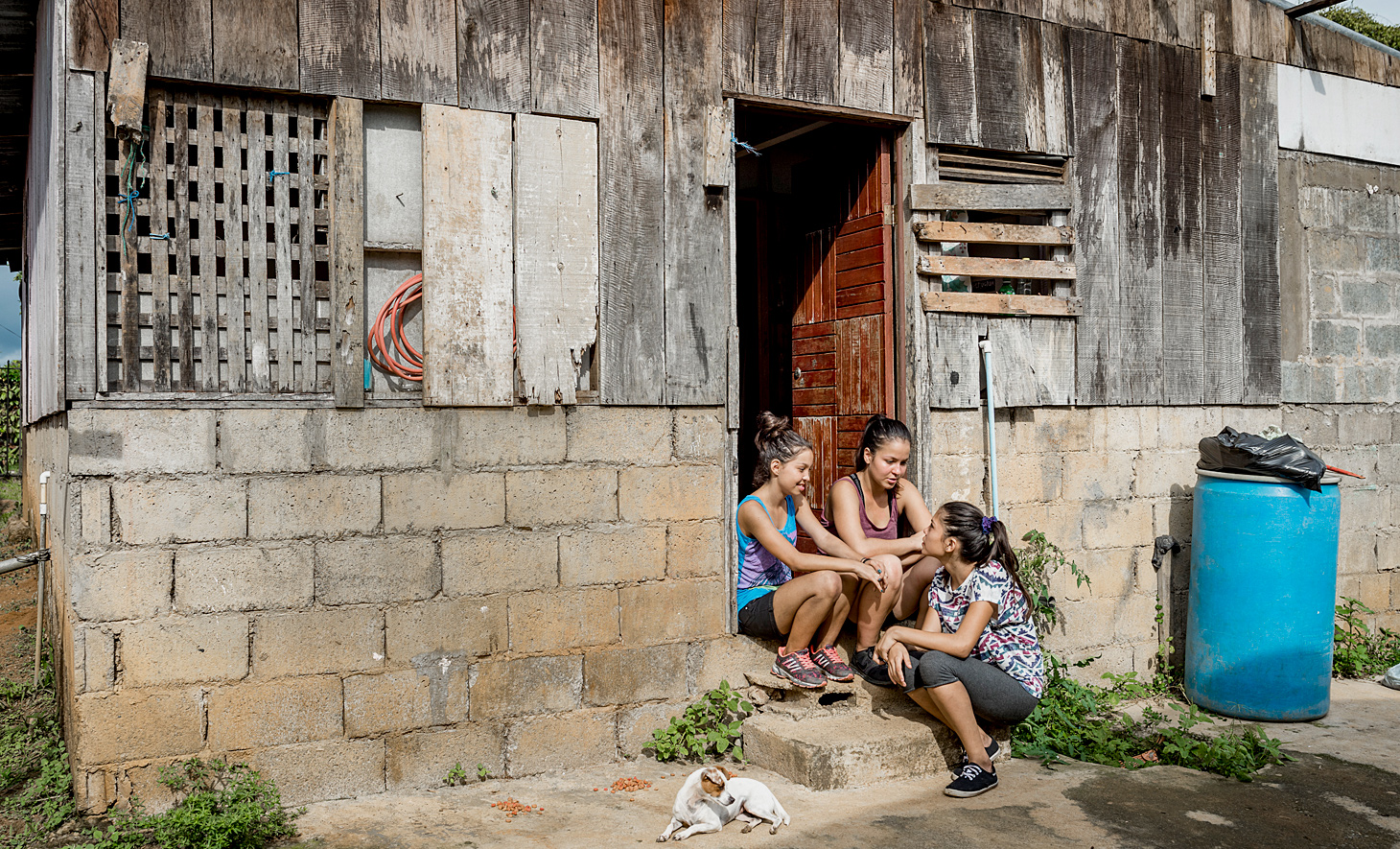
Besides going to school and following regular training courses at Circo Fantazztico, Jennifer and her sister spend a lot of time with their elder cousin, Alexandra. She lives next door and is a shining example for Jennifer, because she has already been on a European tour with the Circo.
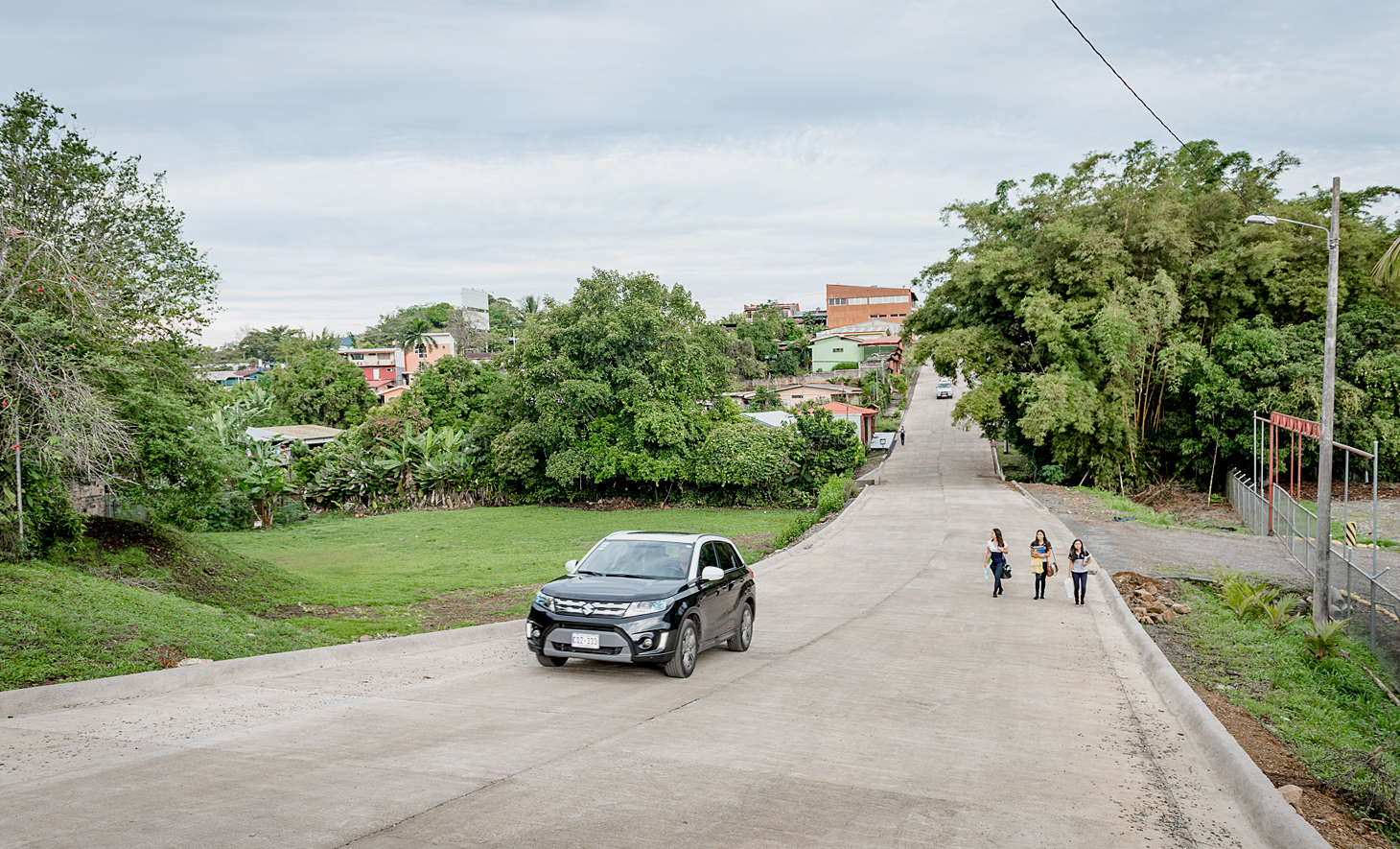
As Jennifer’s neighbourhood is considered one of the safer ones in the area, the girls often walk together to school. School hours are from 10 am until 2 pm.
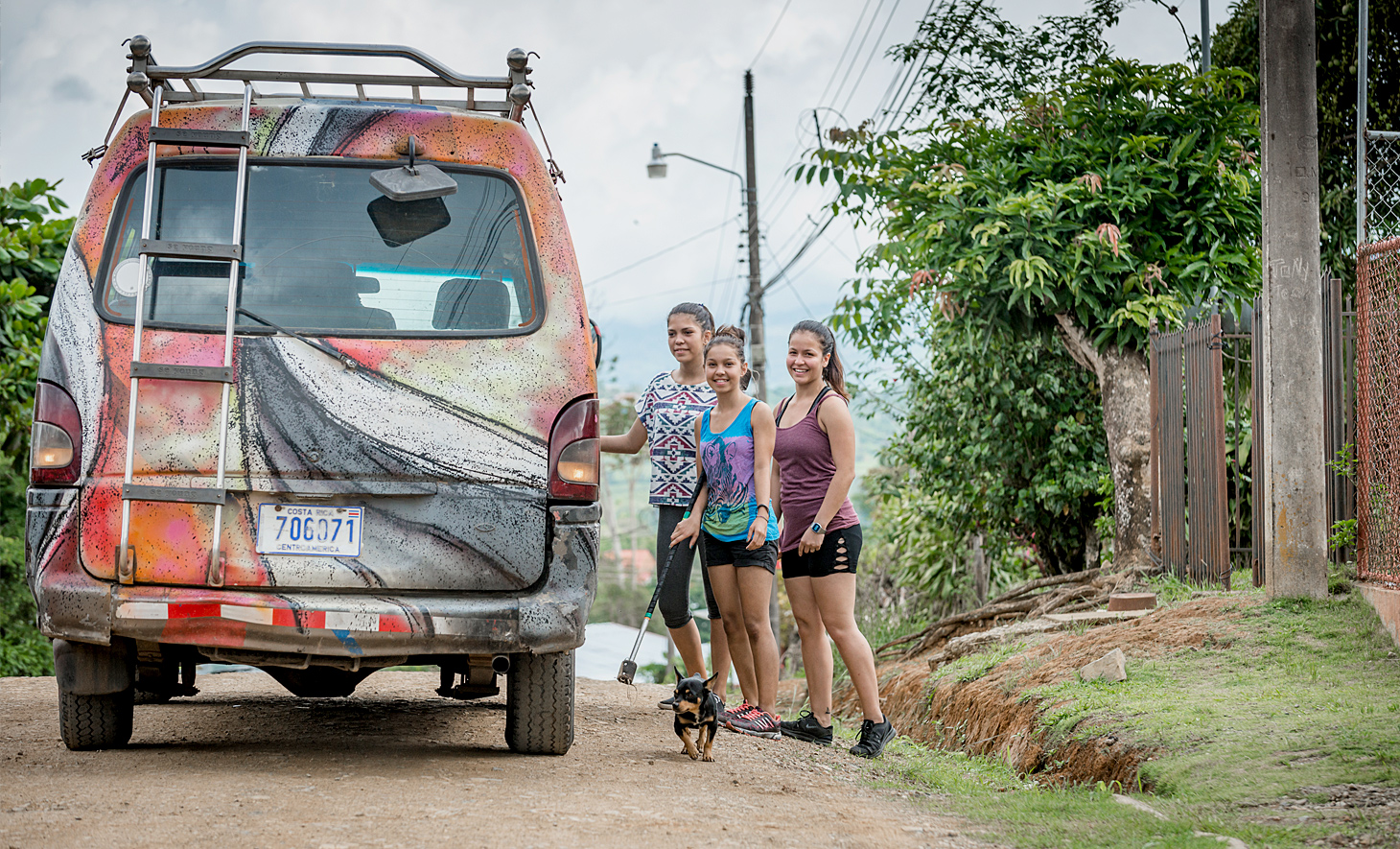
After school they are collected together with other children and young people by the Circo-bus and are taken to the training places. For many this is the only opportunity to participate in the training sessions, because they live in remote villages.

This year Jennifer will participate in the European tour for the first time. With Alexandra she trains acrobatics, dance and her beloved vertical rope already more frequently than the usual once or twice a week. The Circo has become her second family and offers her a protected area where she is supported and feels herself an important member of the group.
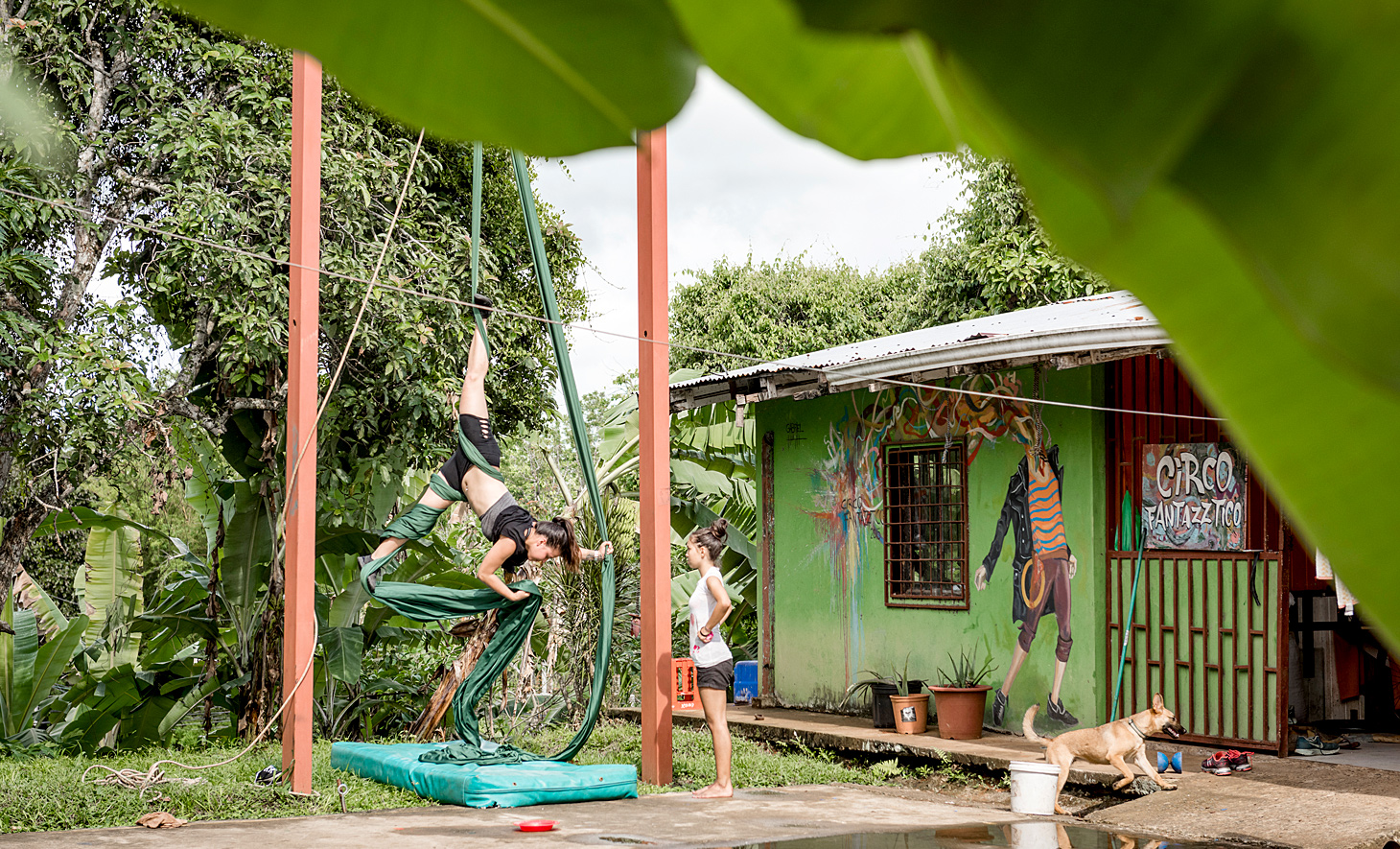
Acrobatics at the vertical rope is trained next to the house of the volunteers. The voluntary supervisors that come from abroad for a temporary period to help in the Circo possess athletic, artistic and pedagogical abilities.
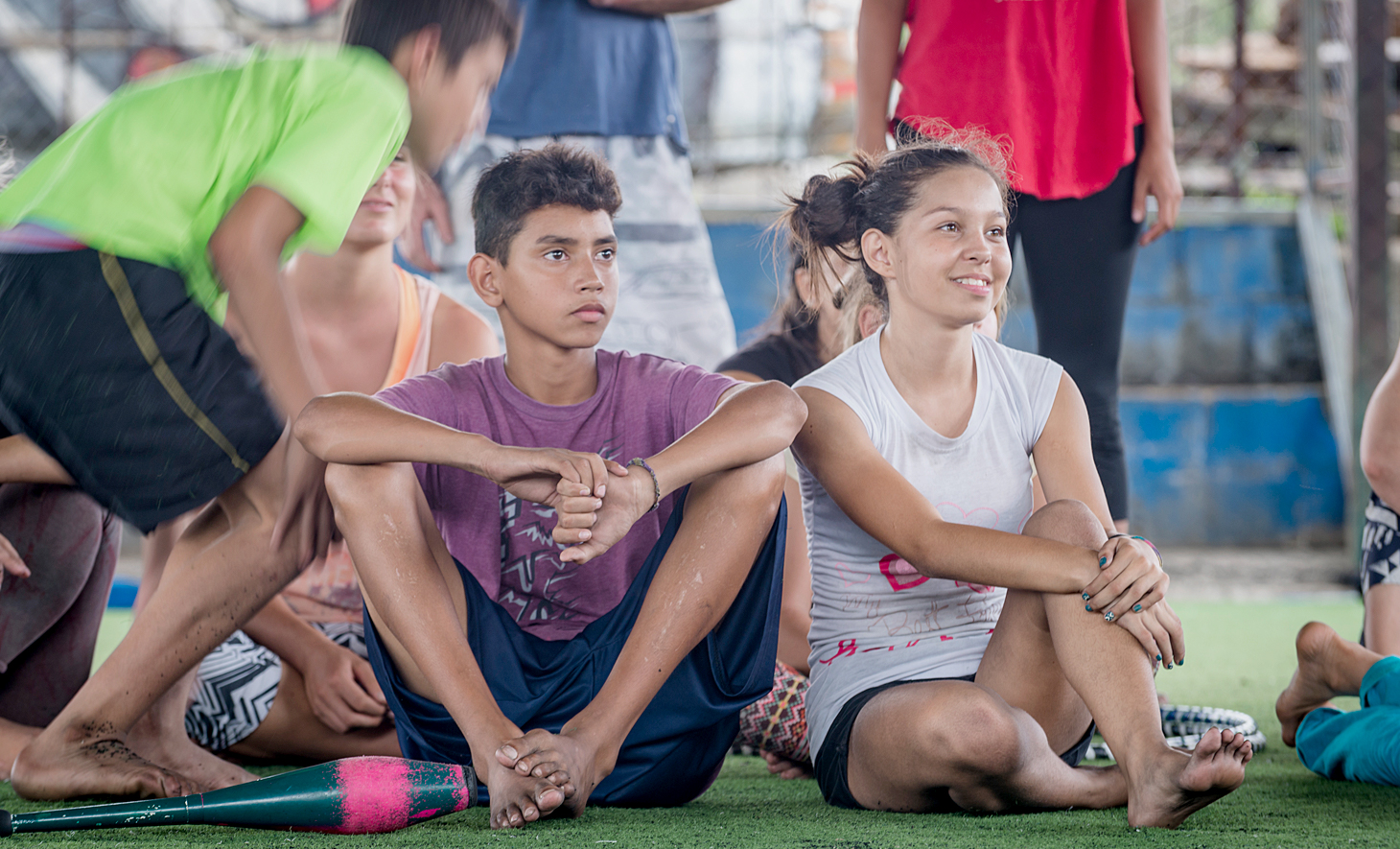
Jennifer and Yeron at a training session in the main training hall of Circo Fantazztico. Both of them managed to get into the closer selection this year because their final marks at school were good and they participated regularly in the training sessions. They will travel through Europe with a group of 20 people for two months and they will present their new piece “The witch’s dance”.
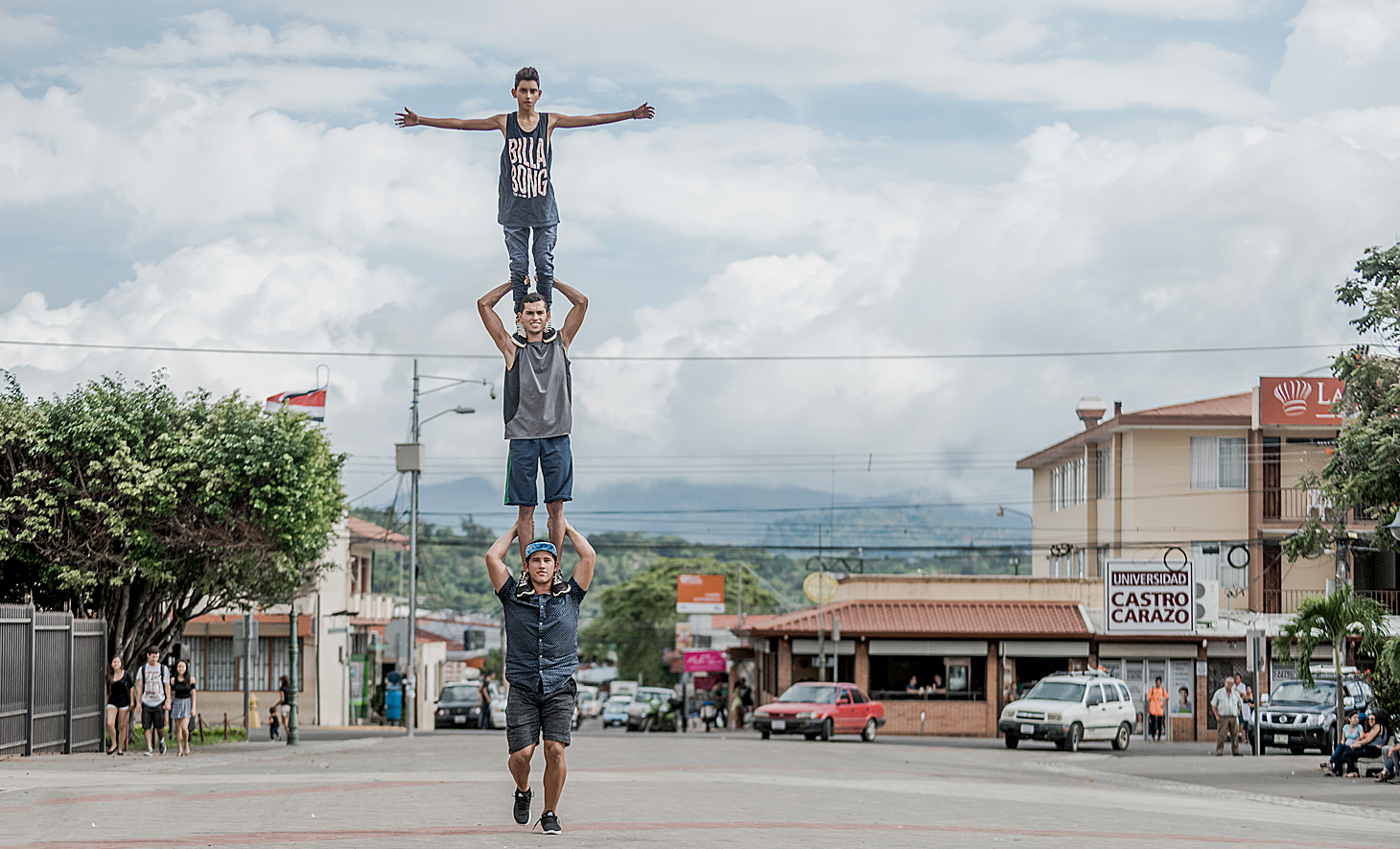
The lightweight Yeron (16 years), on top of the pyramid, is lucky. His school supports the young people who participate in Circo Fantazztico in their free time. The school management sees the Circo as an important factor in the development of the students because it offers a reasonable and healthy leisure time activity in an often unstable environment.
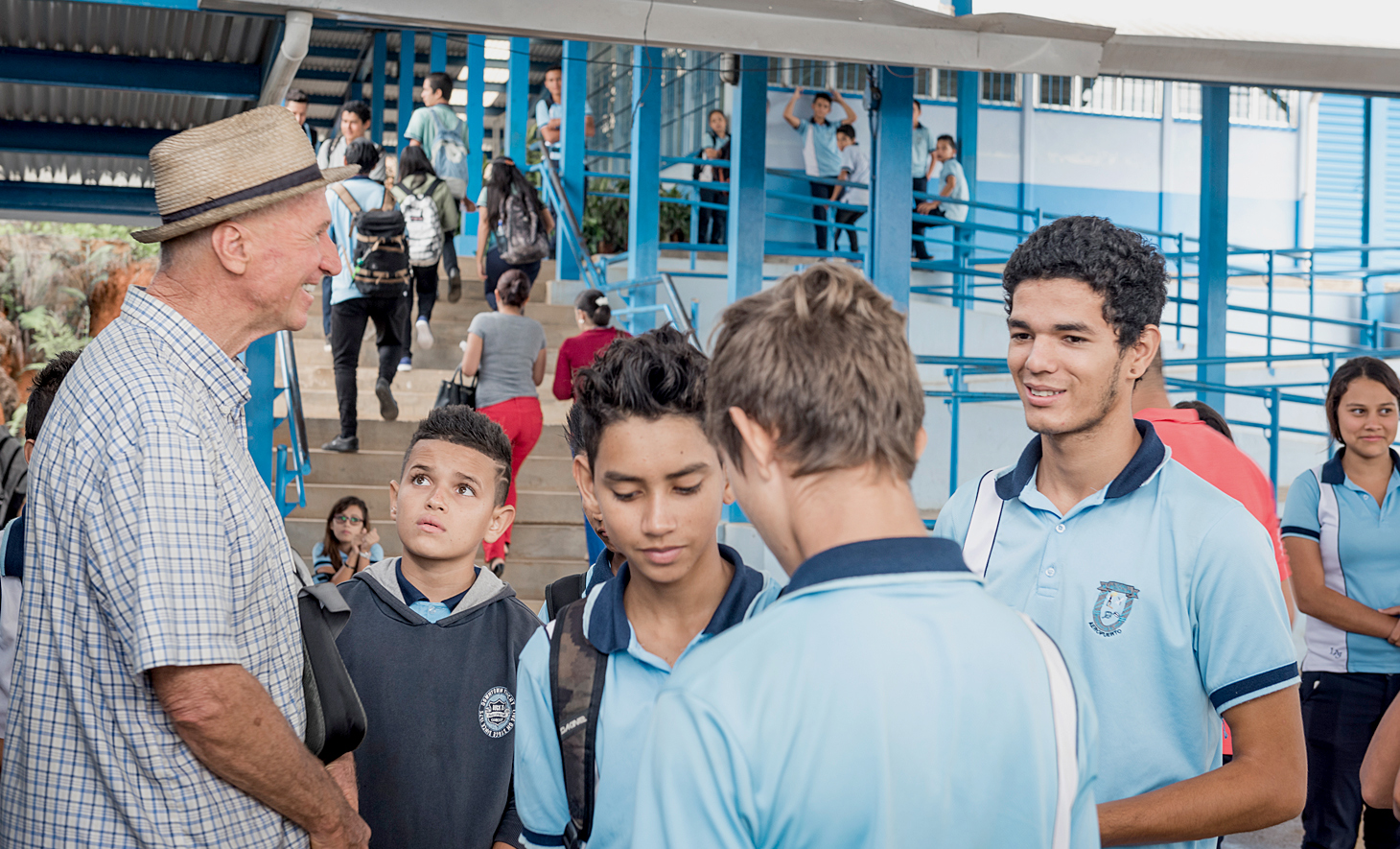
Yeron, the young artist, is not the only member of the Circo at this public school; there are others who have already participated in the Circo’s European tours. Here we see Roland Spendlingwimmer, the manager of our partner organisation VIDA NUEVA, who founded Circo Fantazztico and regularly contacts the schools.
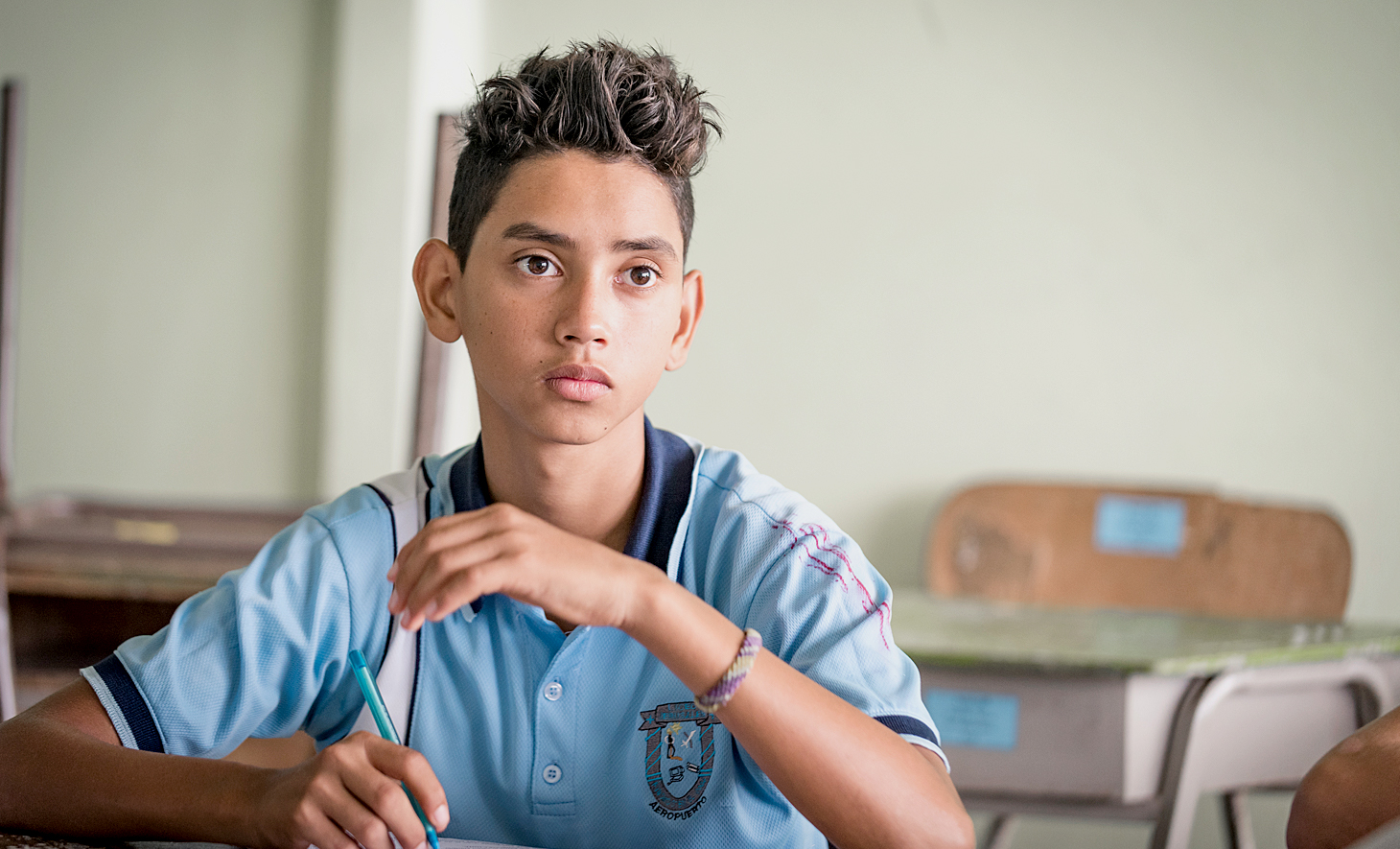
To be allowed to participate in the European tour regular school attendance and good marks are required. This Year Yeron will participate in the European tour for the second time he and trains daily in preparation of his trip to Europe.
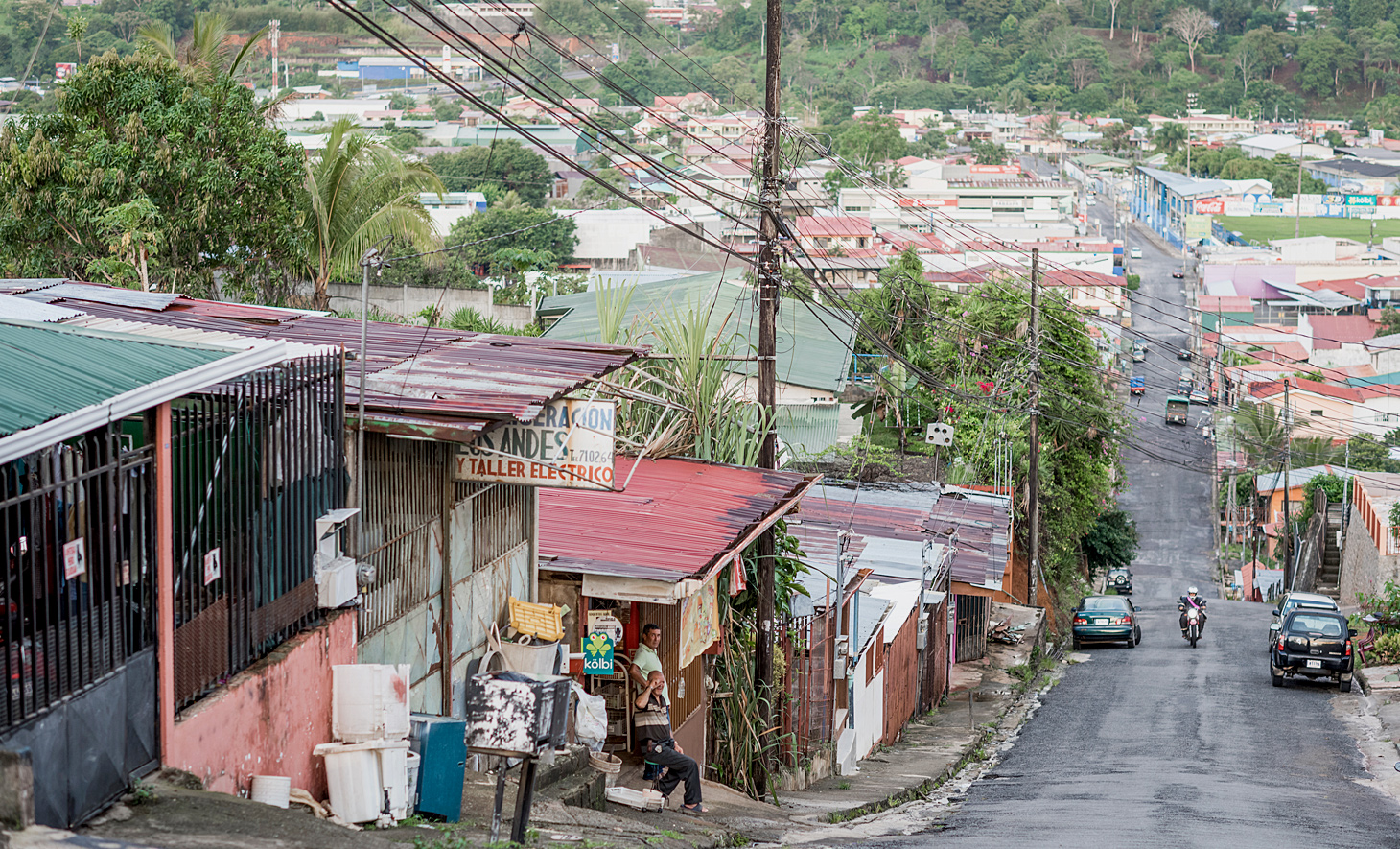
In the poor neighbourhood of Cocori the drug business is omnipresent. That’s why people are advised to be cautious in the streets and in the parks. Yeron and his family know where one shouldn’t be found at certain times of the day. They are always vigilant and move around in groups.
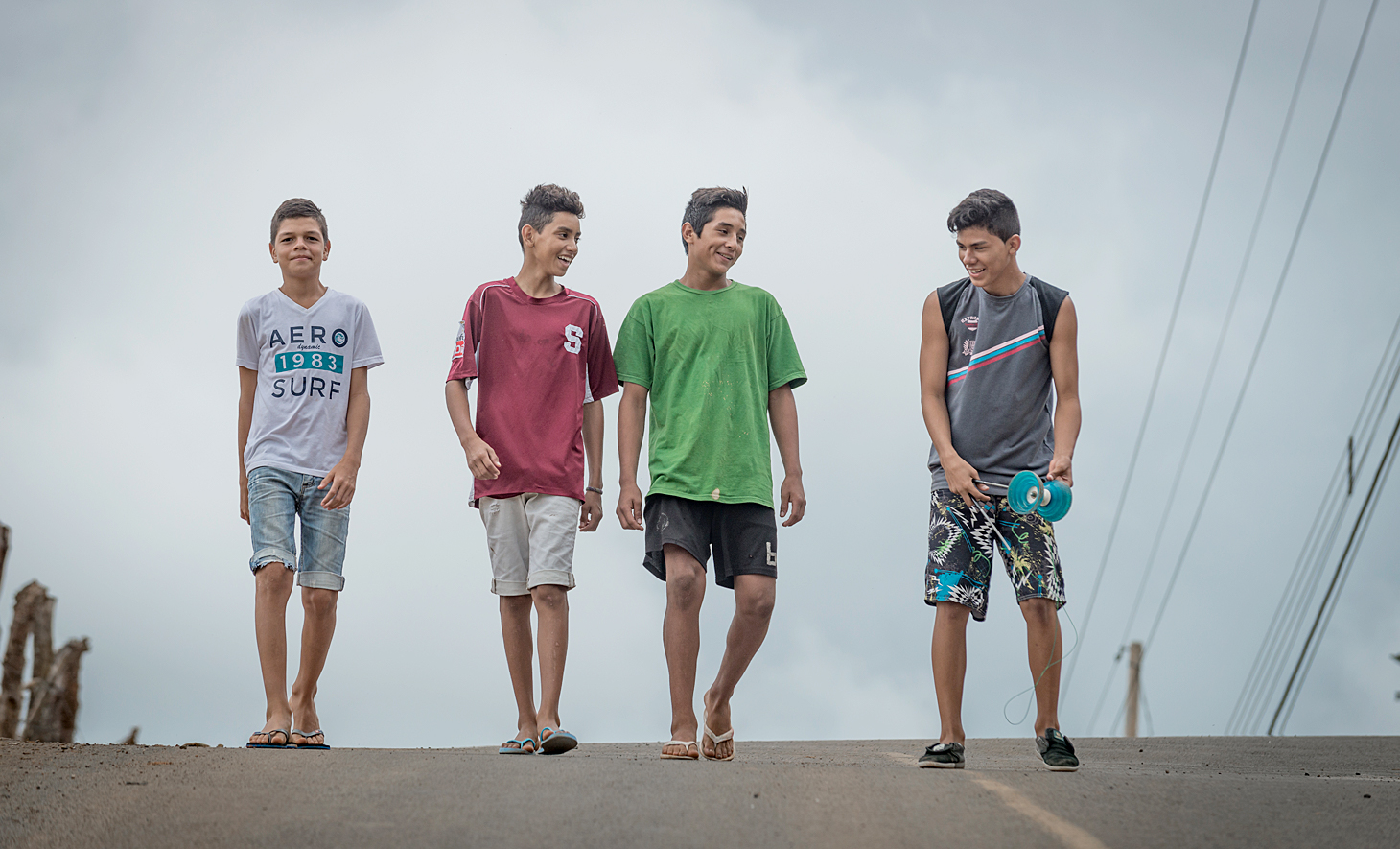
The distances to school and to the training sessions are long. But there are enough opportunities and enough room on their way there for the boys to practise and test their abilities in a playful way.
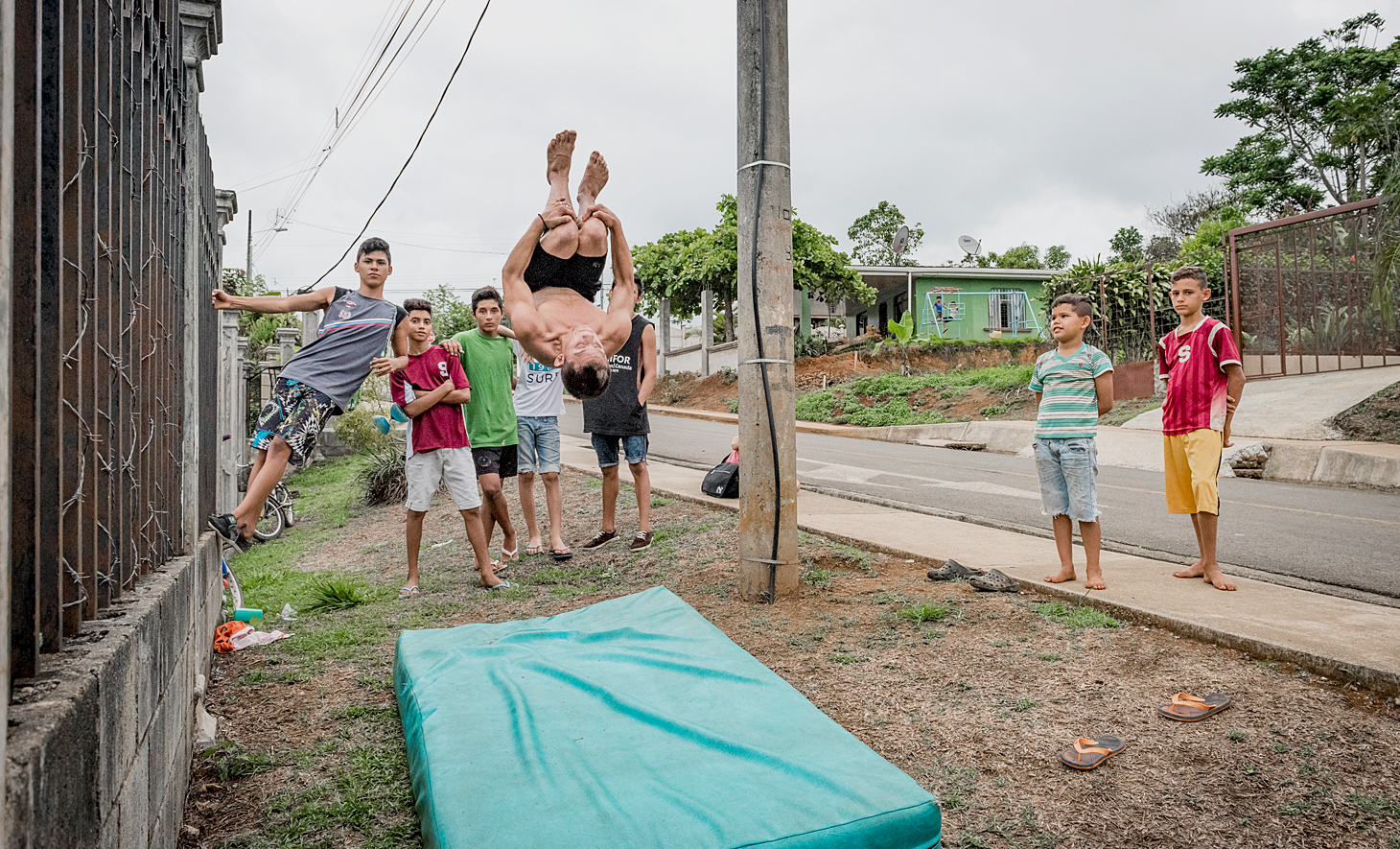
Yeron, who is rather shy and quiet, enjoys the company of his best friends and practices somersaults in the open street. In the Circo he is mostly placed on top of the pyramid and is whirled through the air by his colleagues because he is such a lightweight.
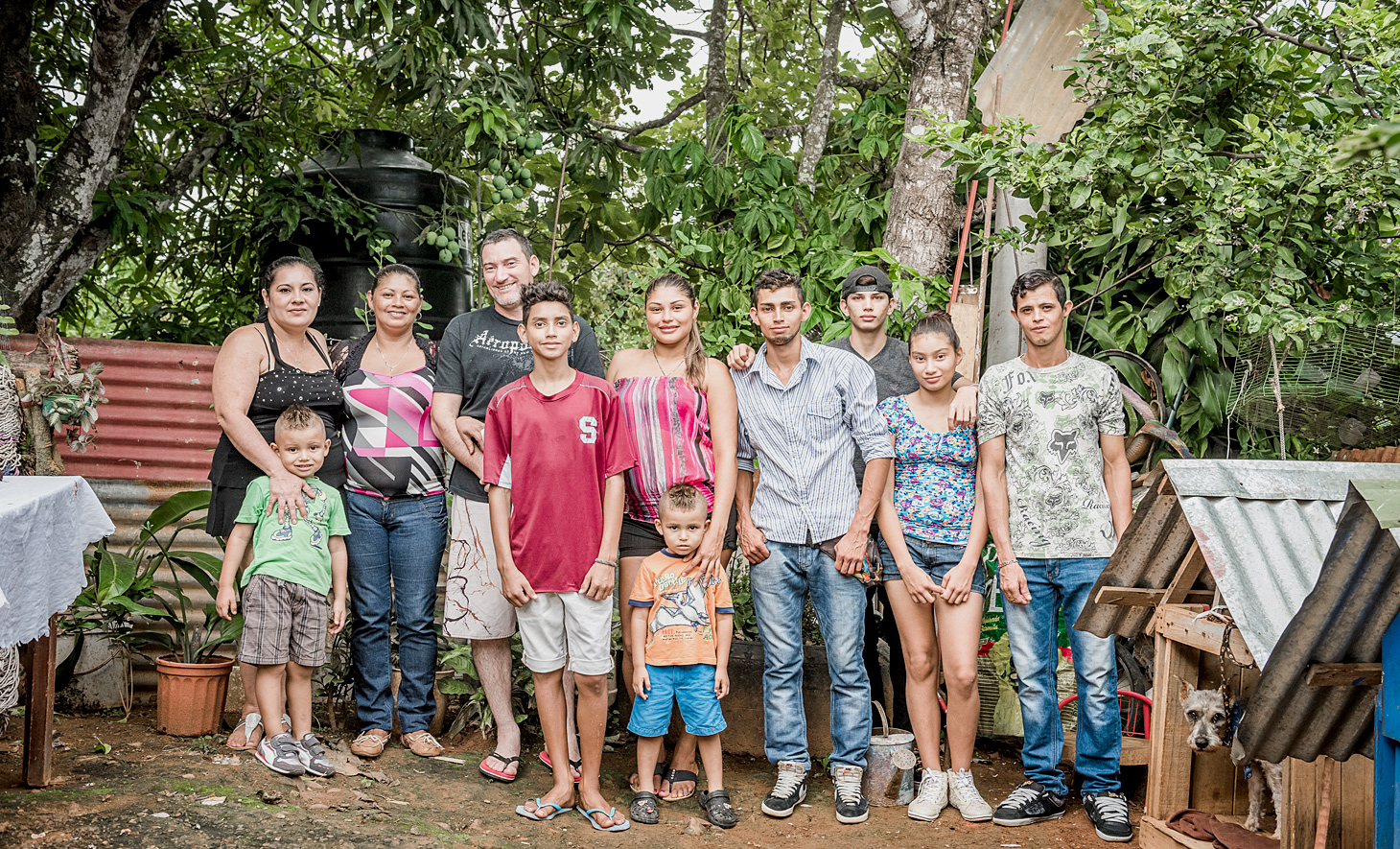
For this picture all the family members have come together in the garden. Yeron lives in an extended family that is intact, a rather rare case. The family lives in financial difficulties, but nevertheless supports him in his progress as an artist. Everyone is very proud of his taking part in the European tour for the second time.
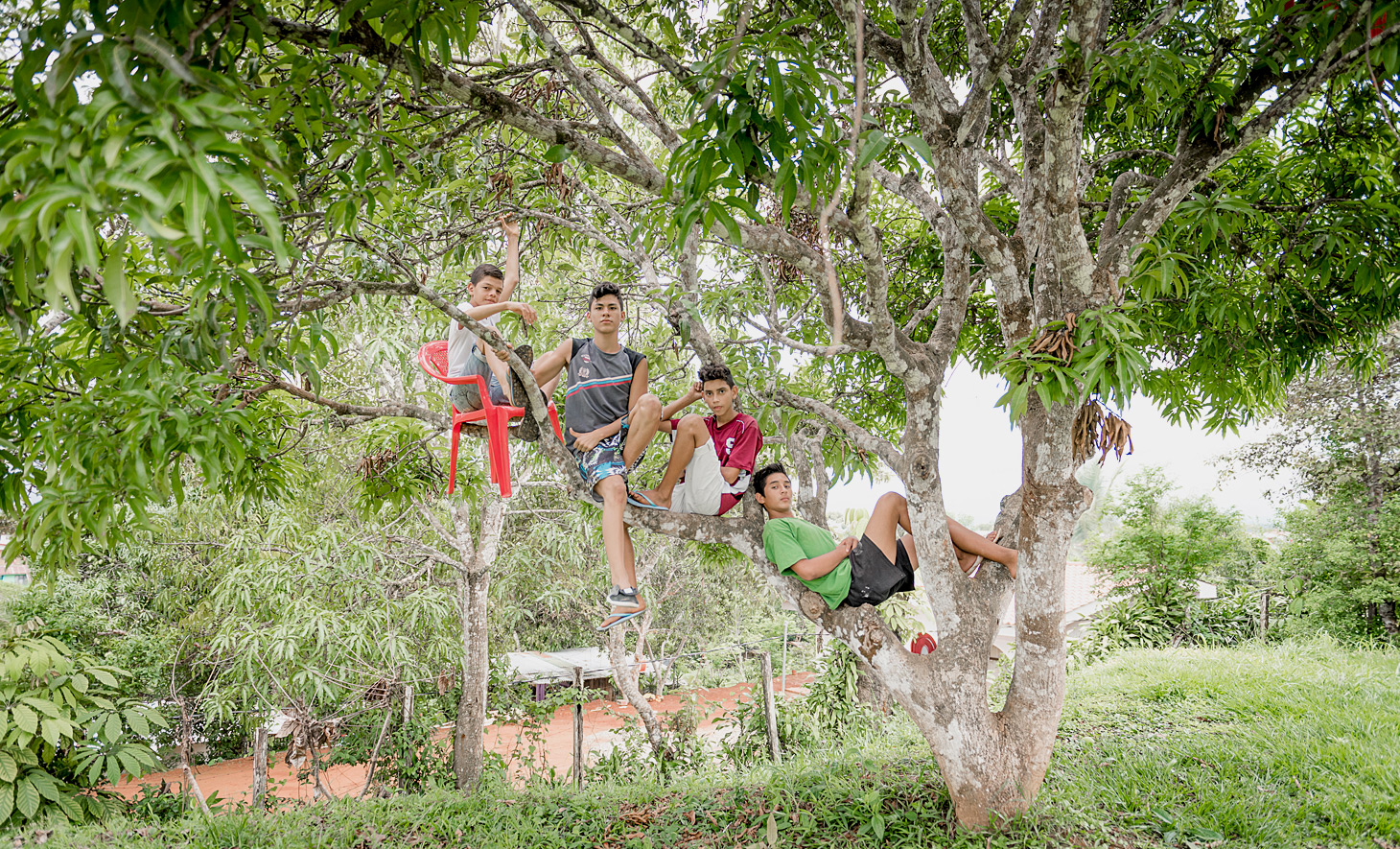
An important place for the boys in the neighbourhood is the mango tree, where they can tell stories to each other, exchange their news and relax.
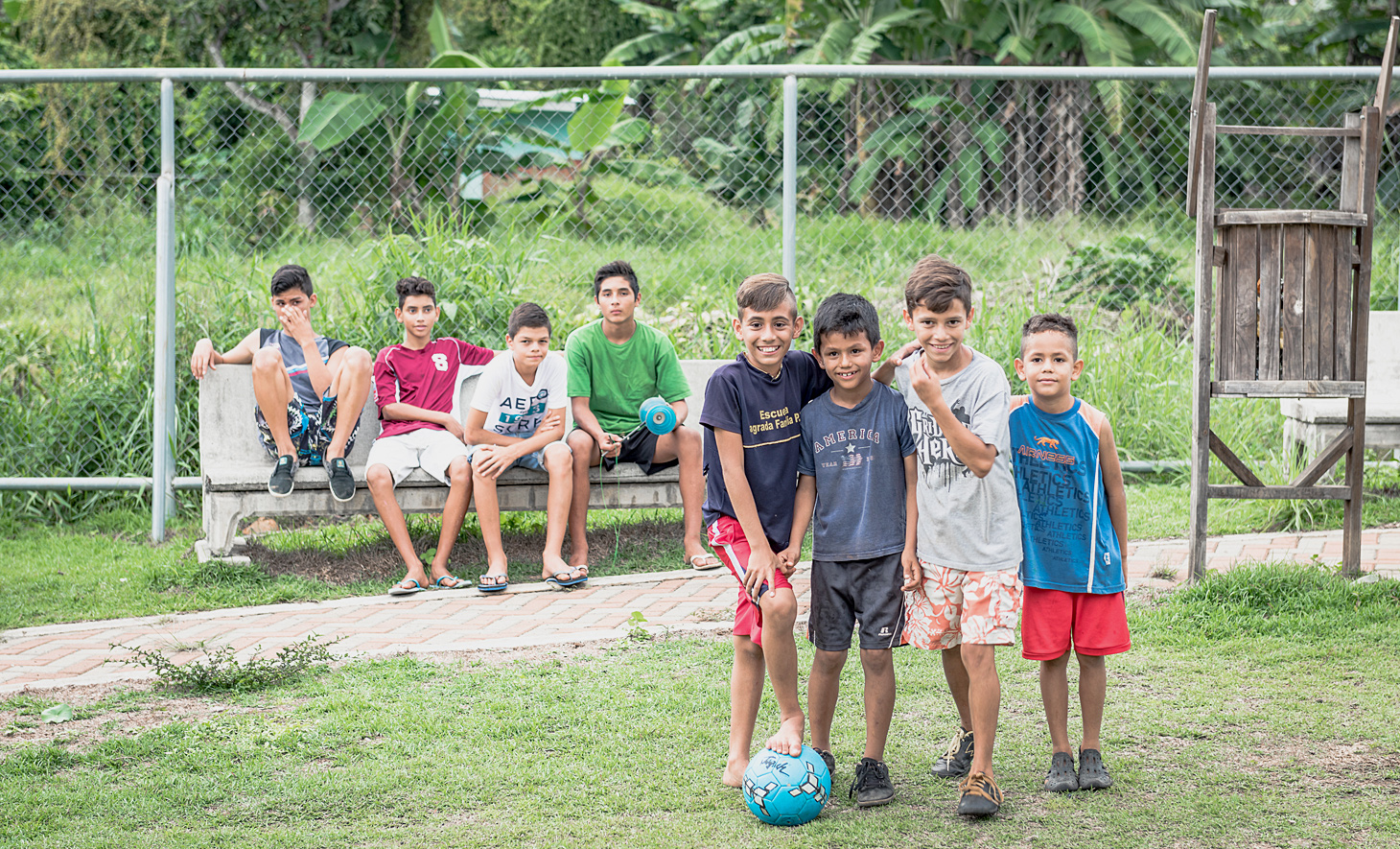
Yeron likes to pass on his artistic know-how to the younger generation. During the football game he reveals tips and tricks from the circus world.

